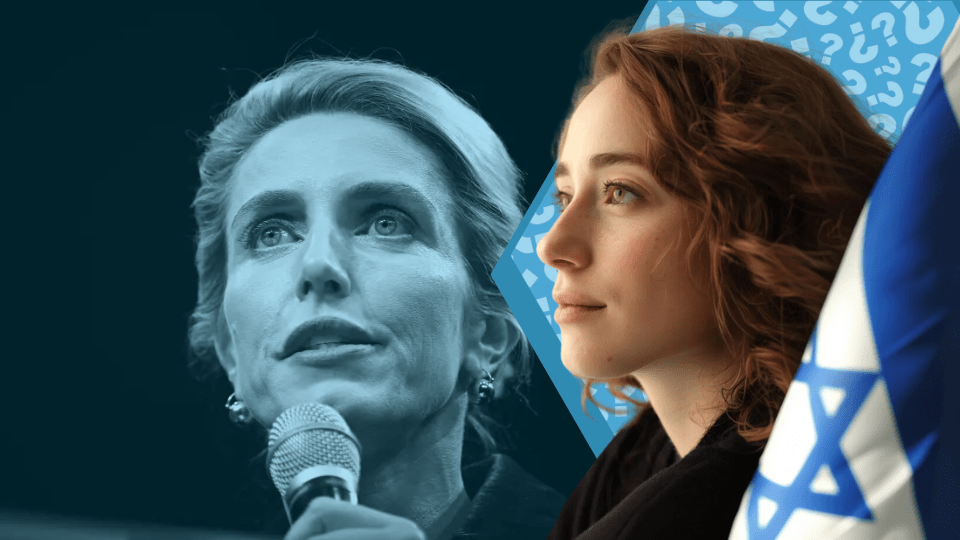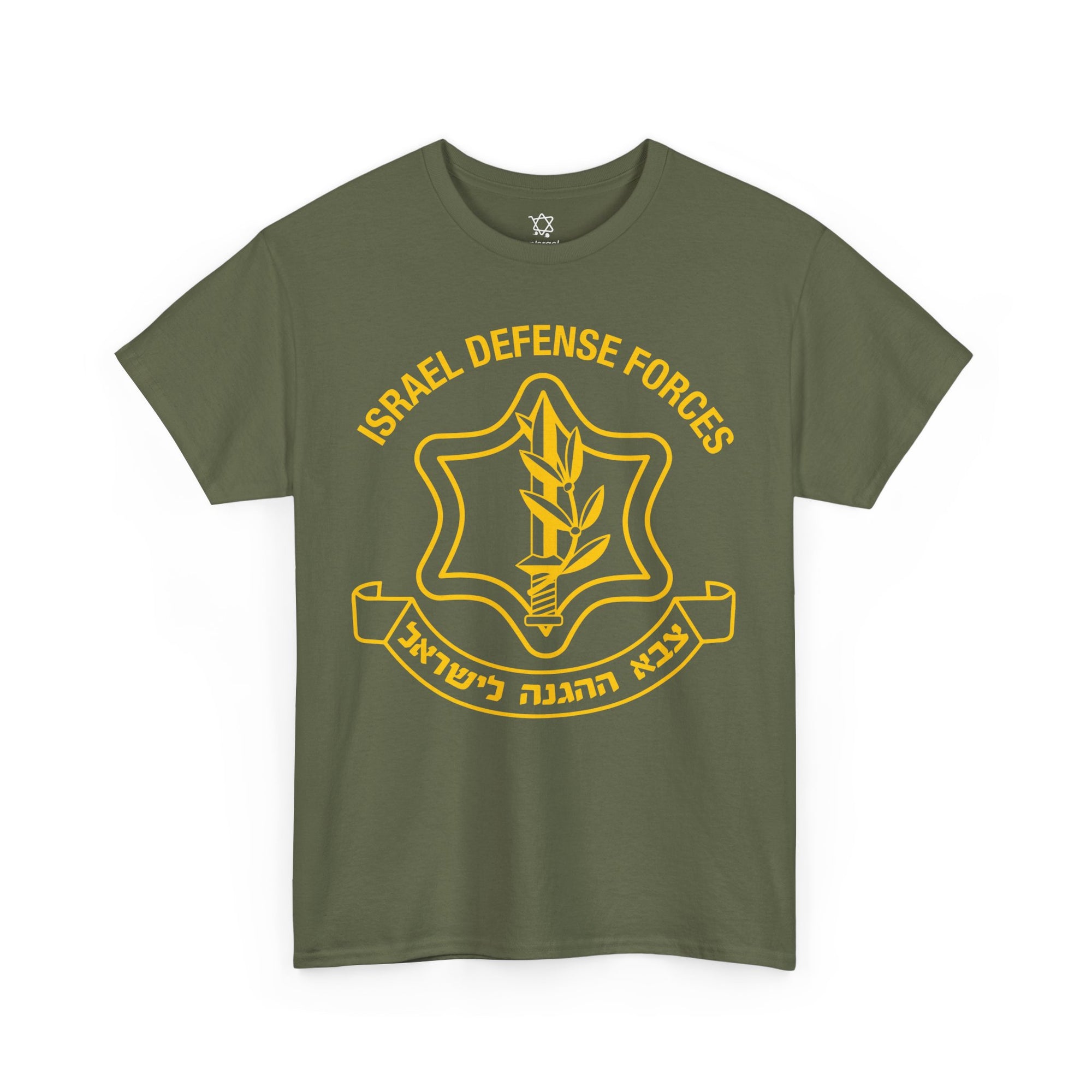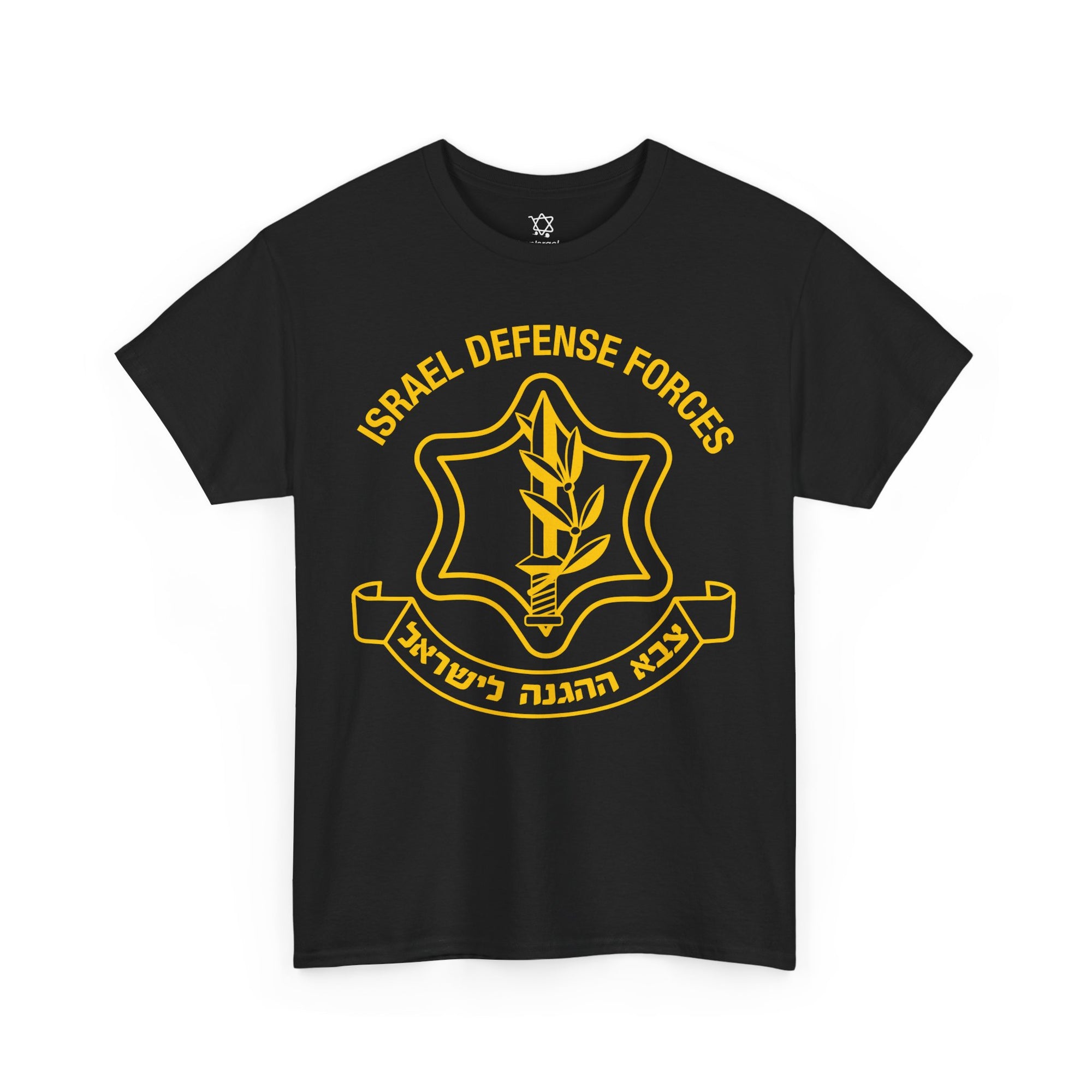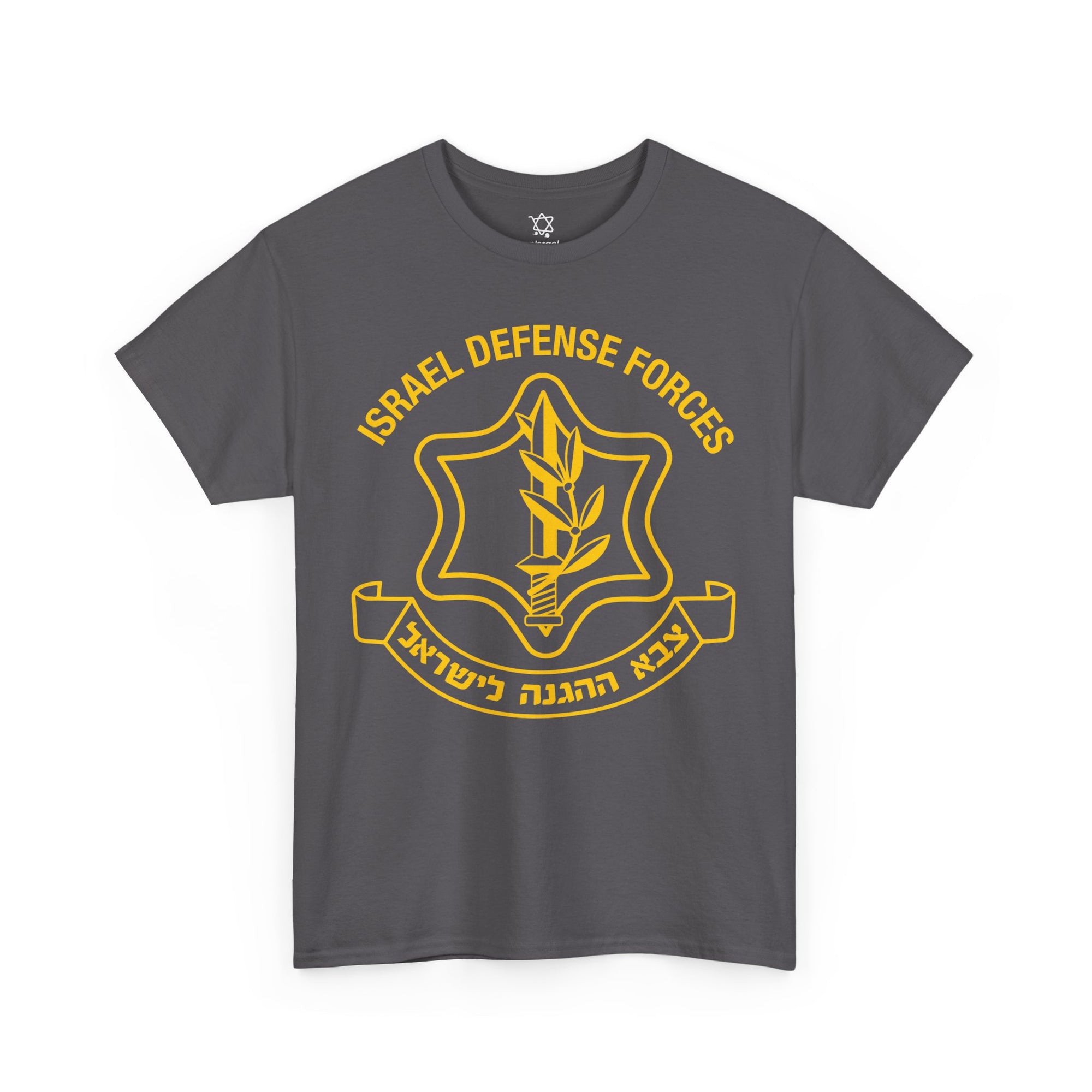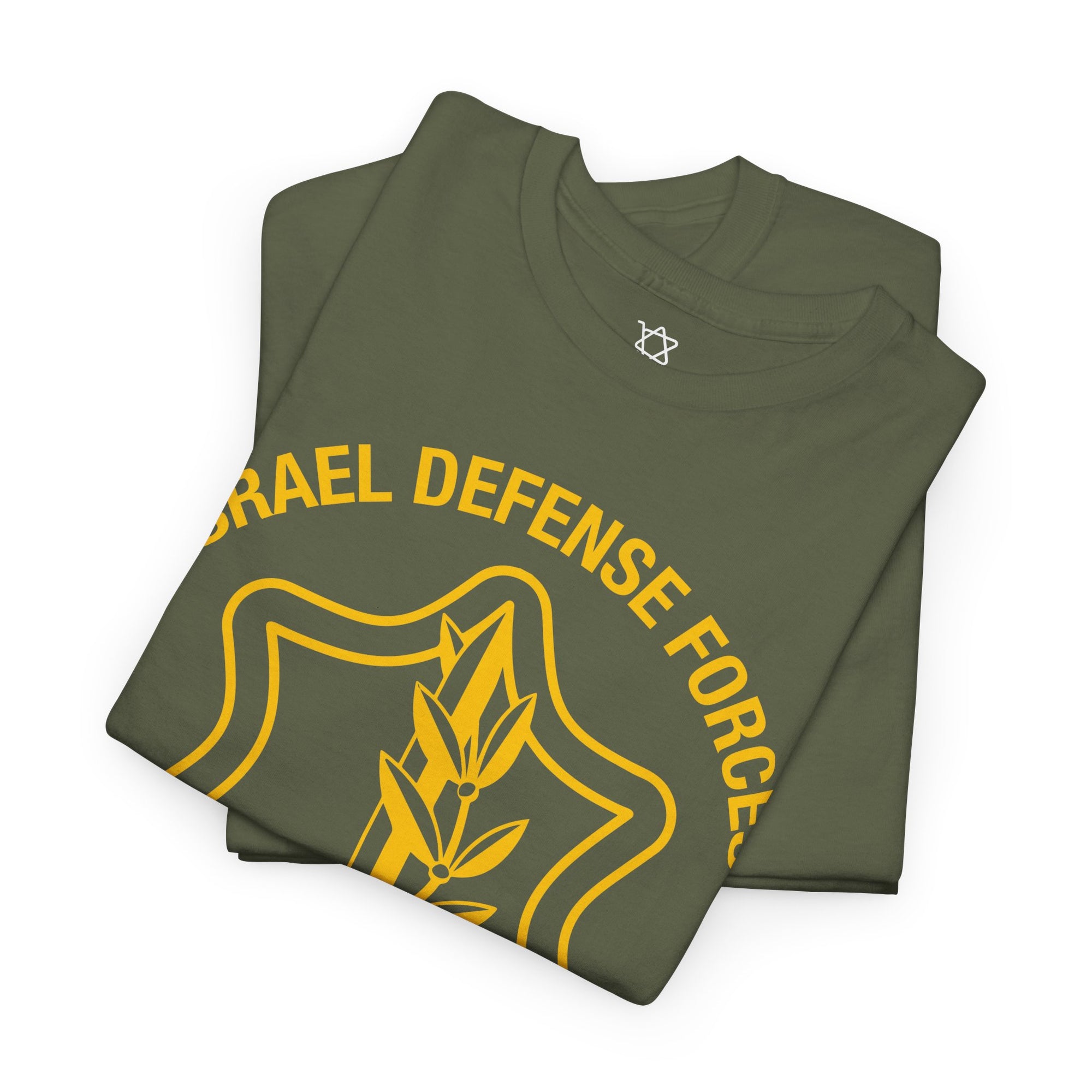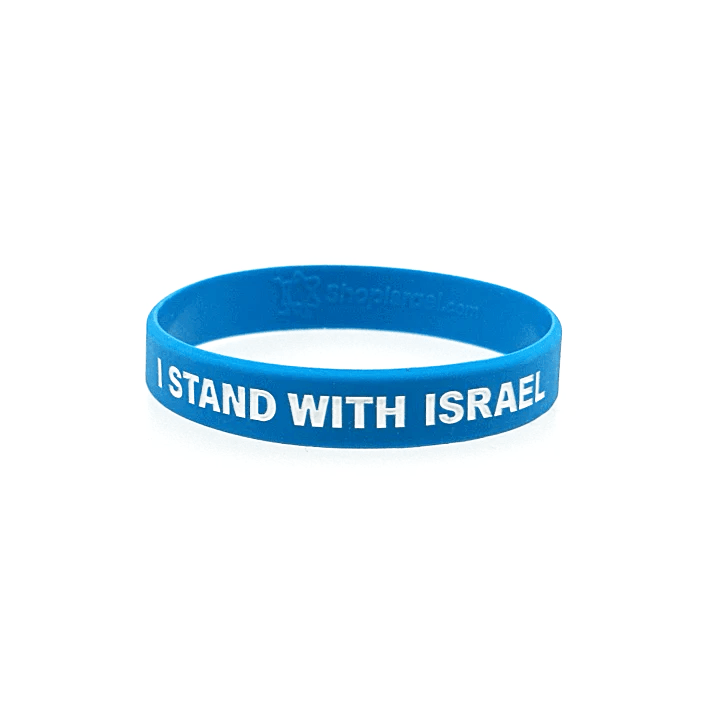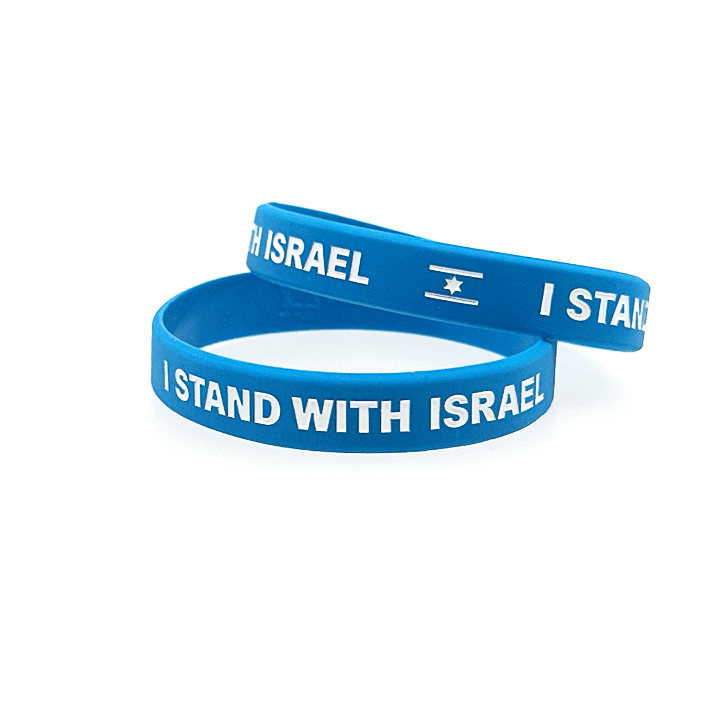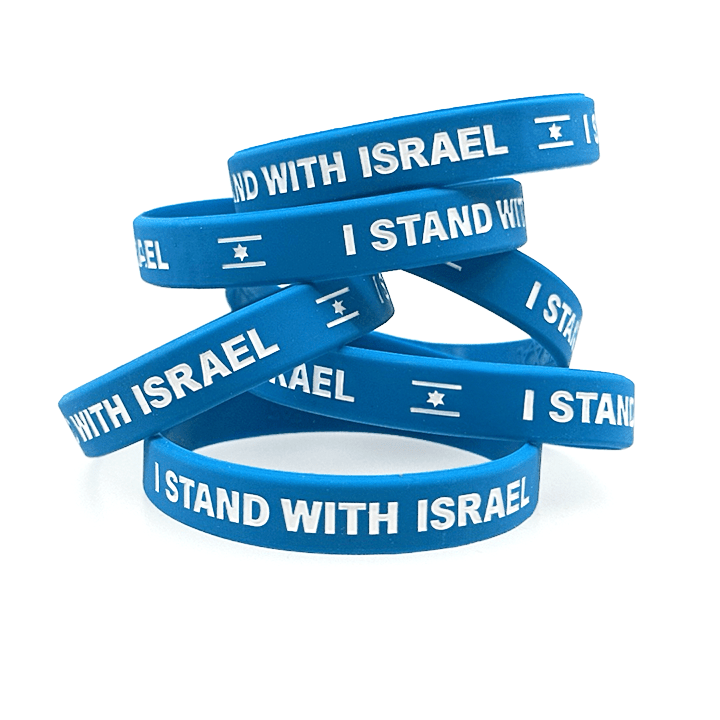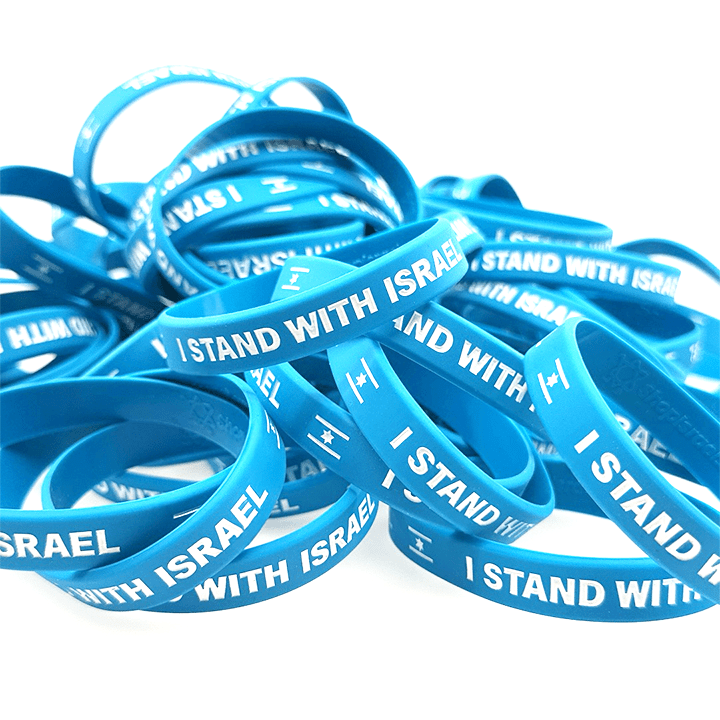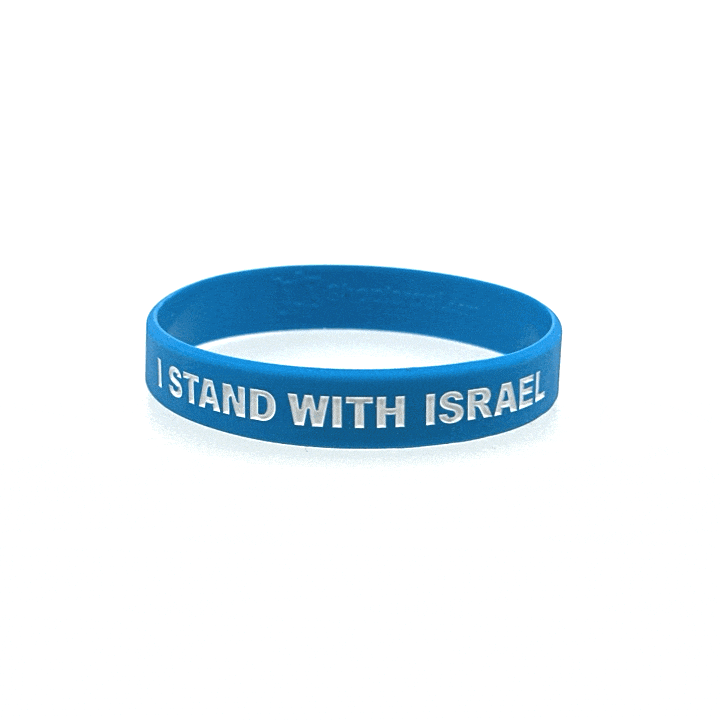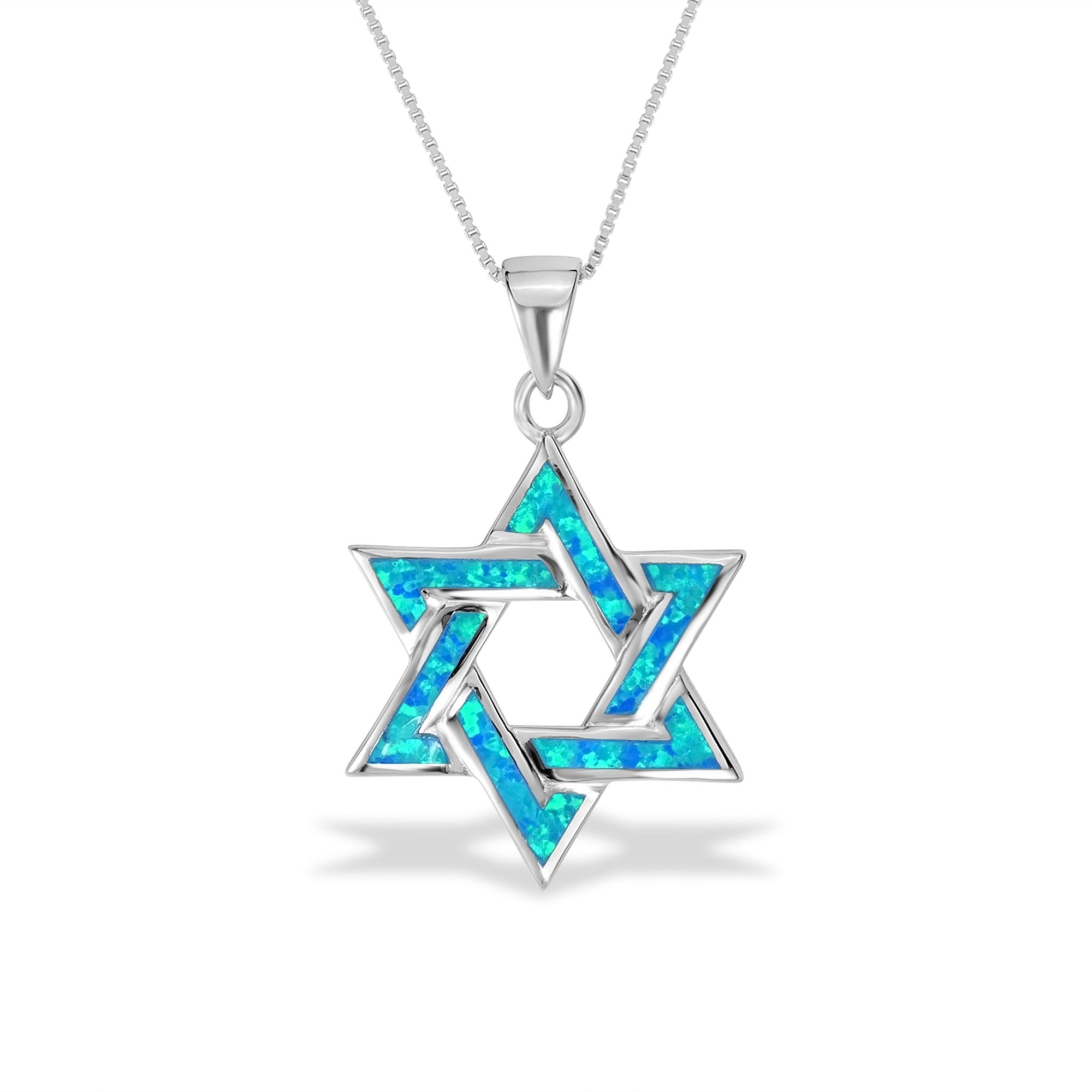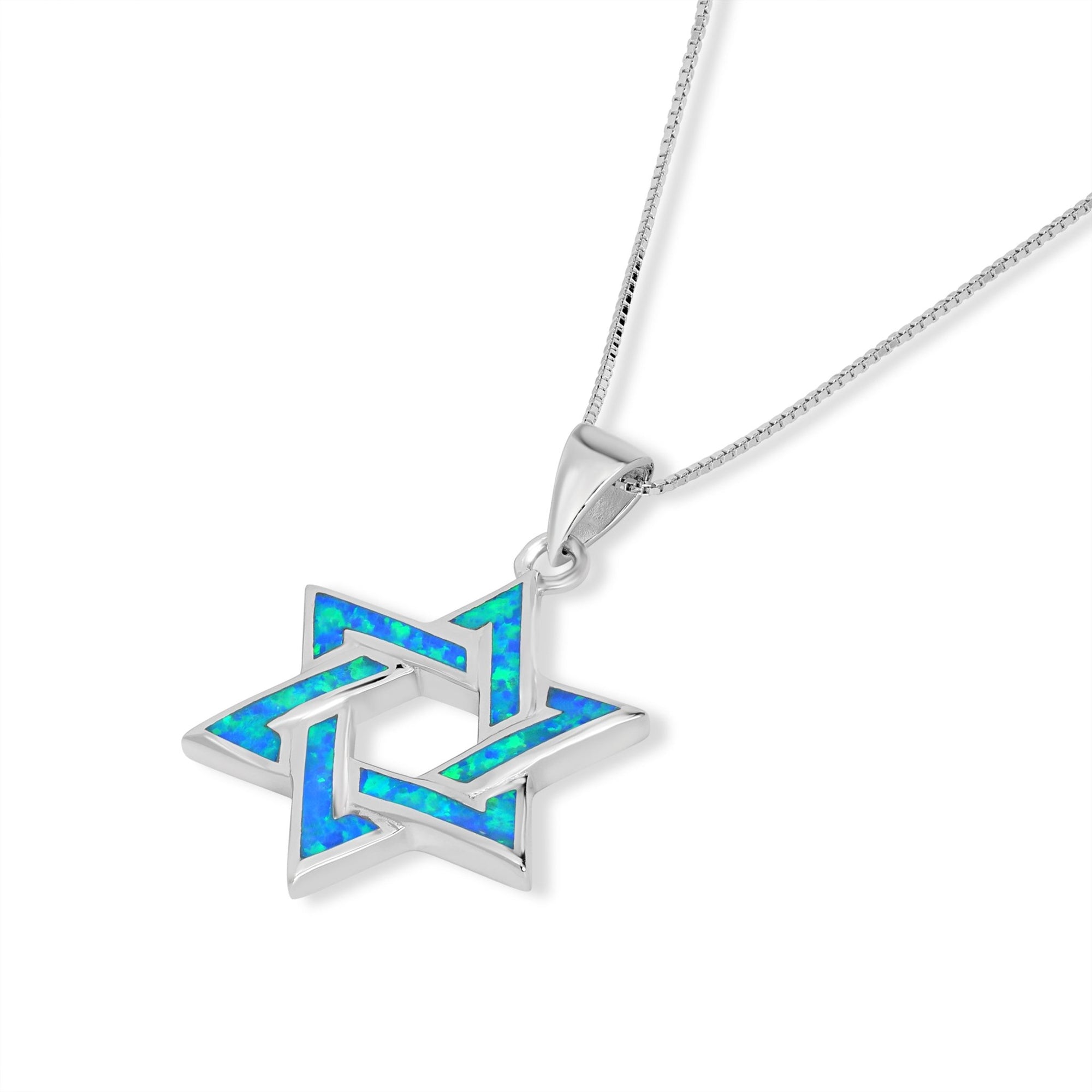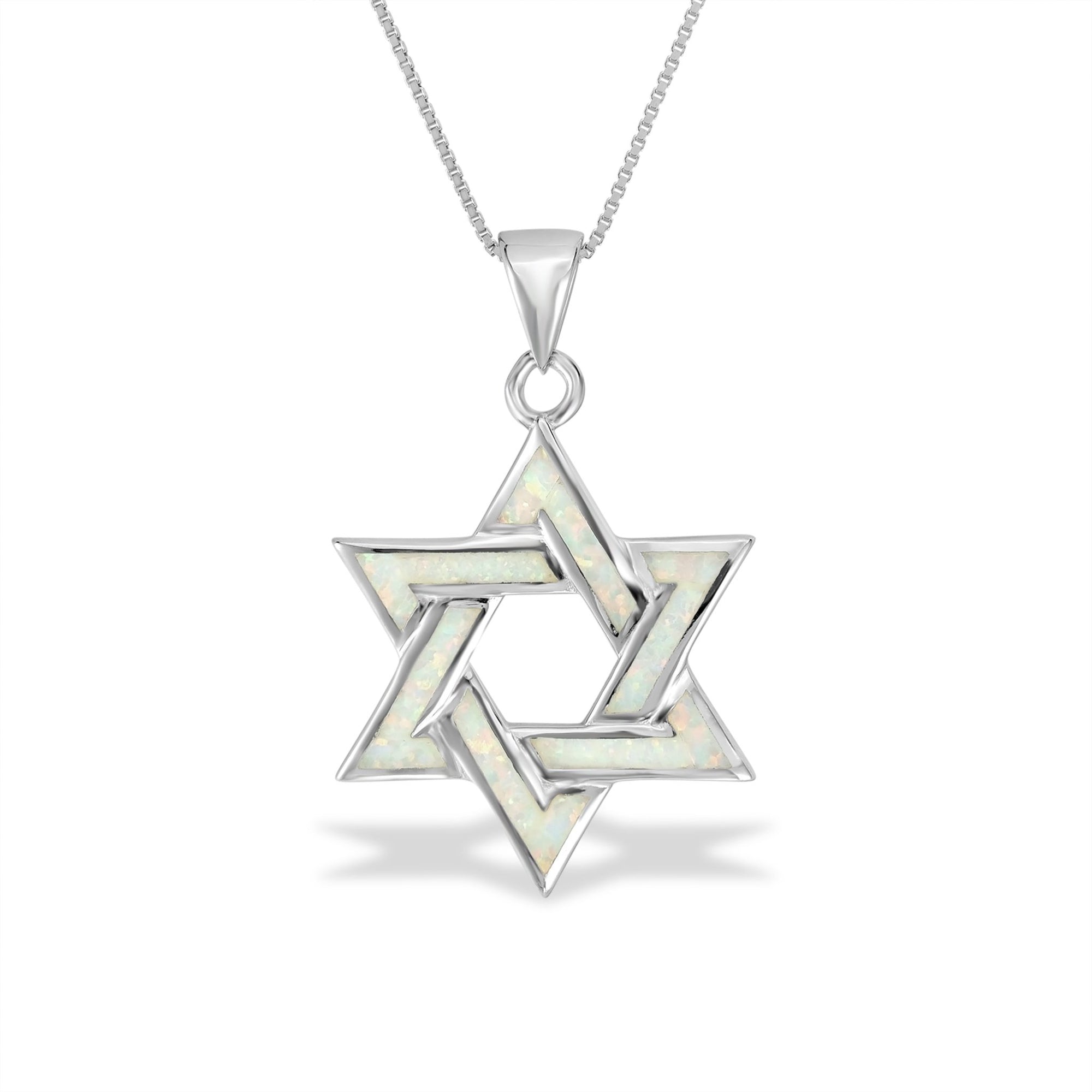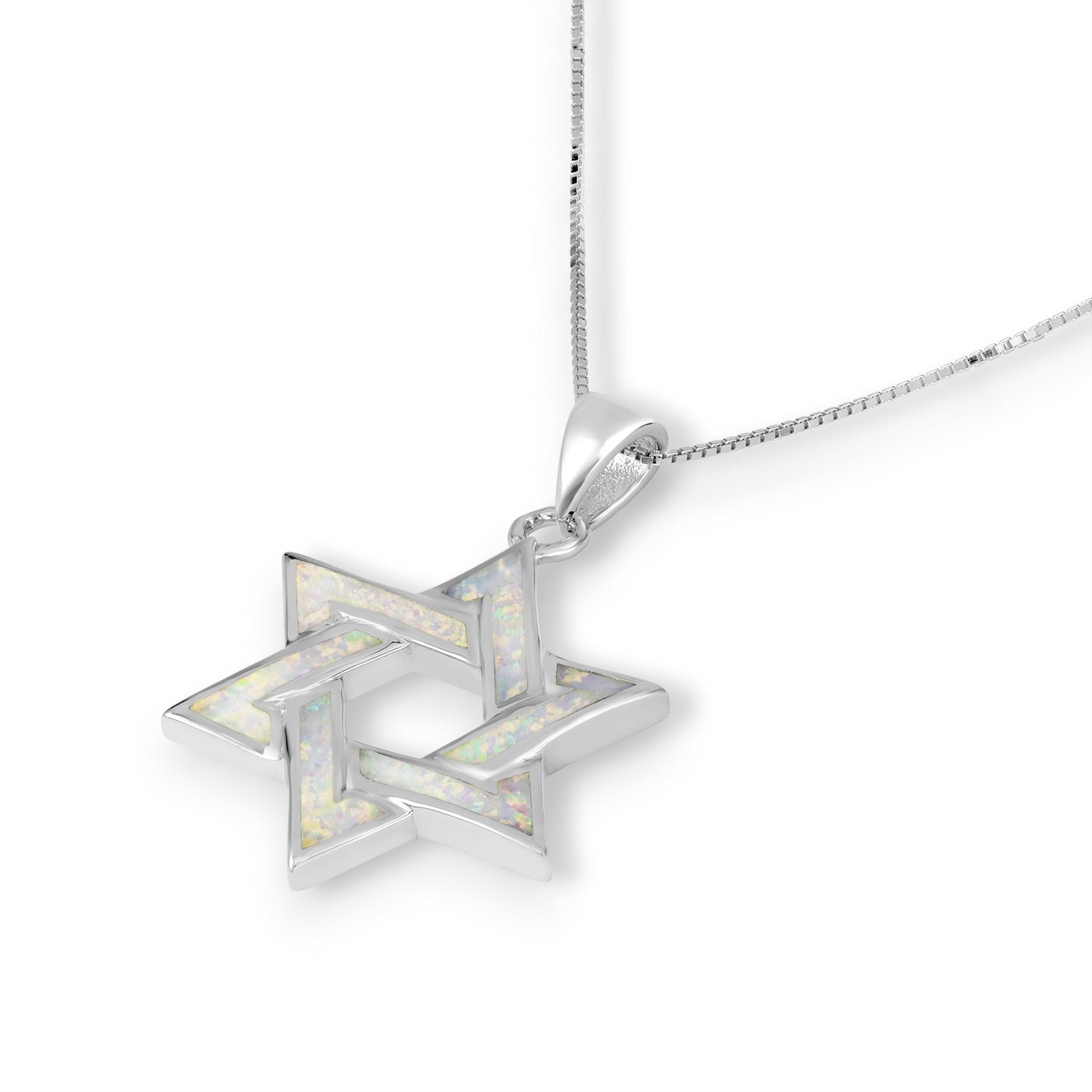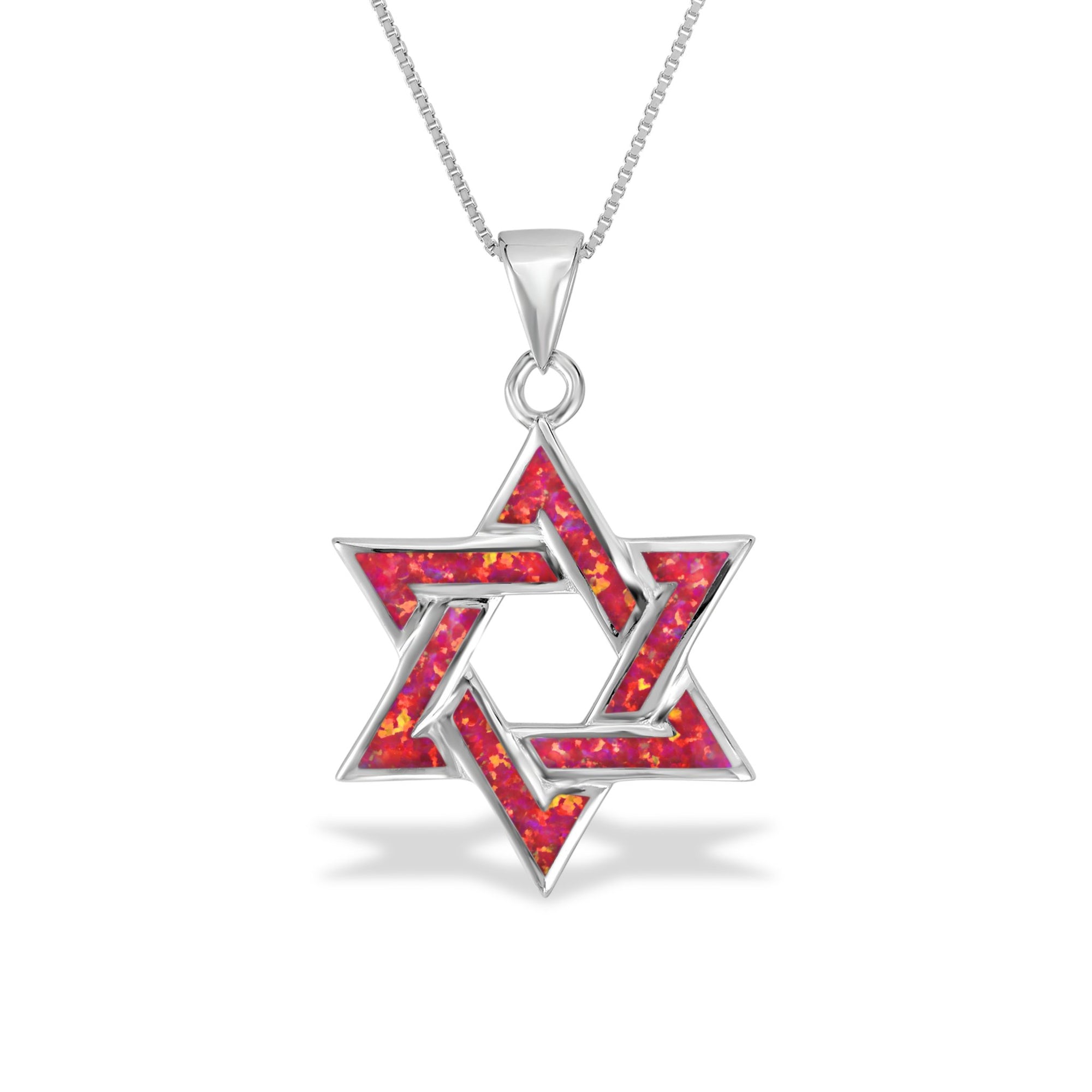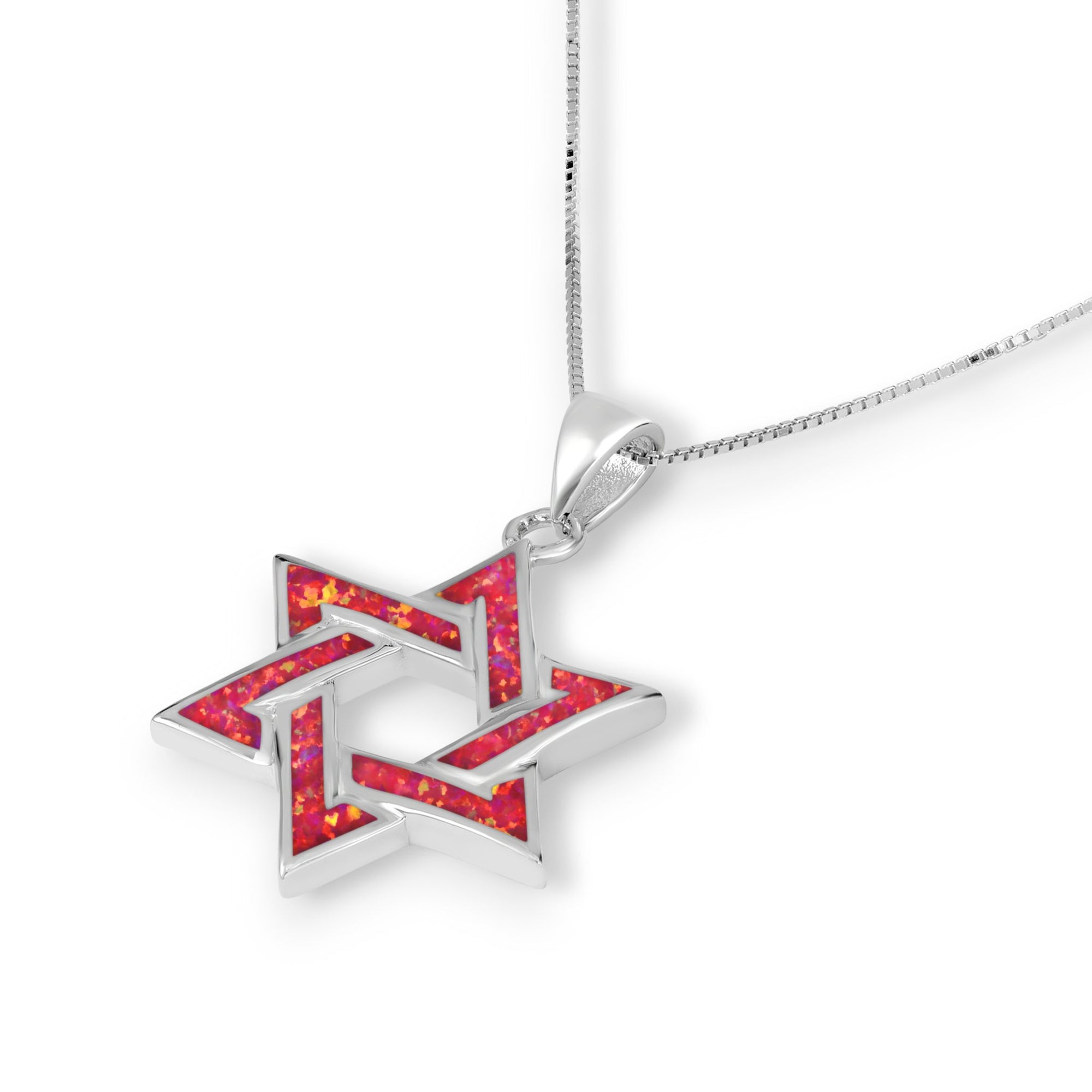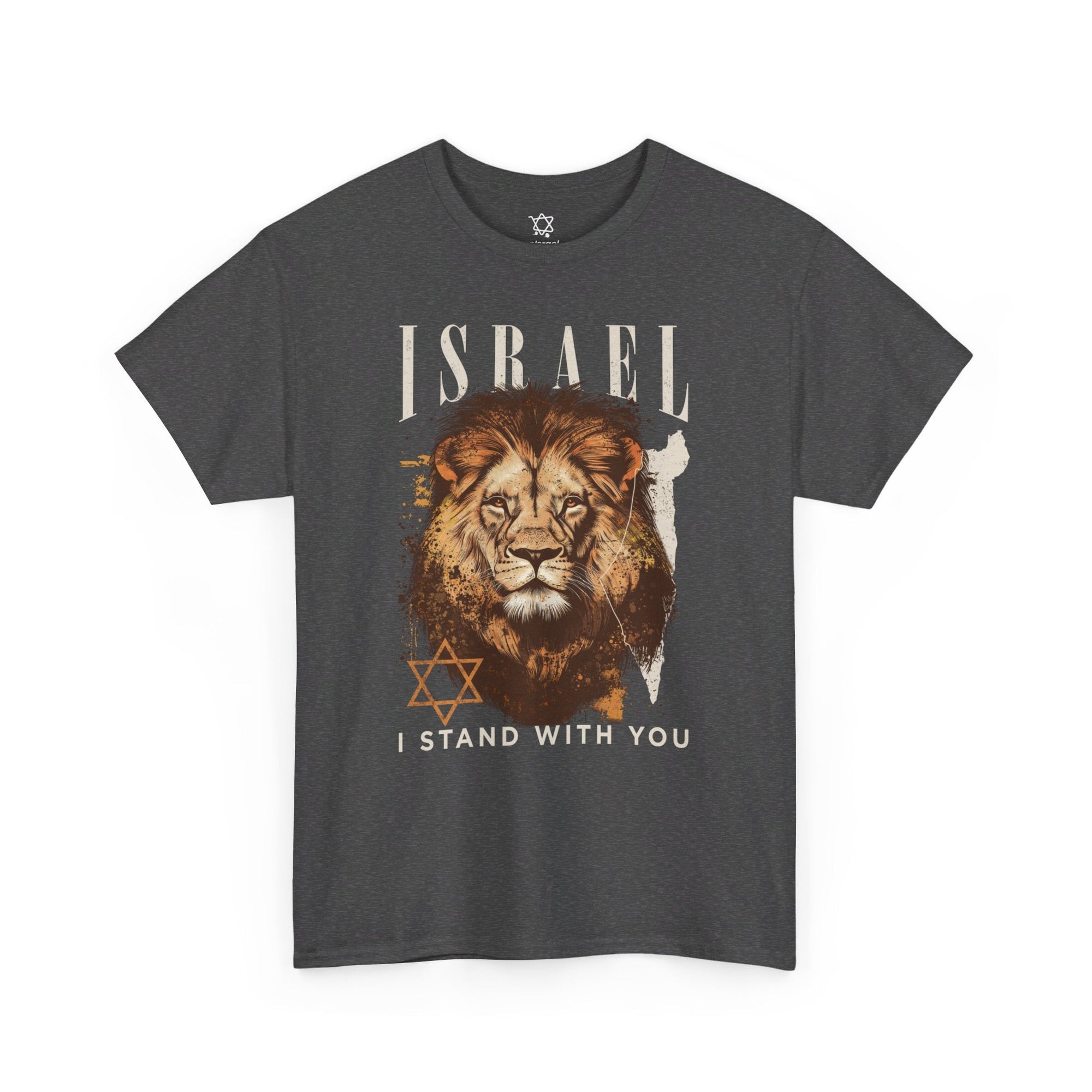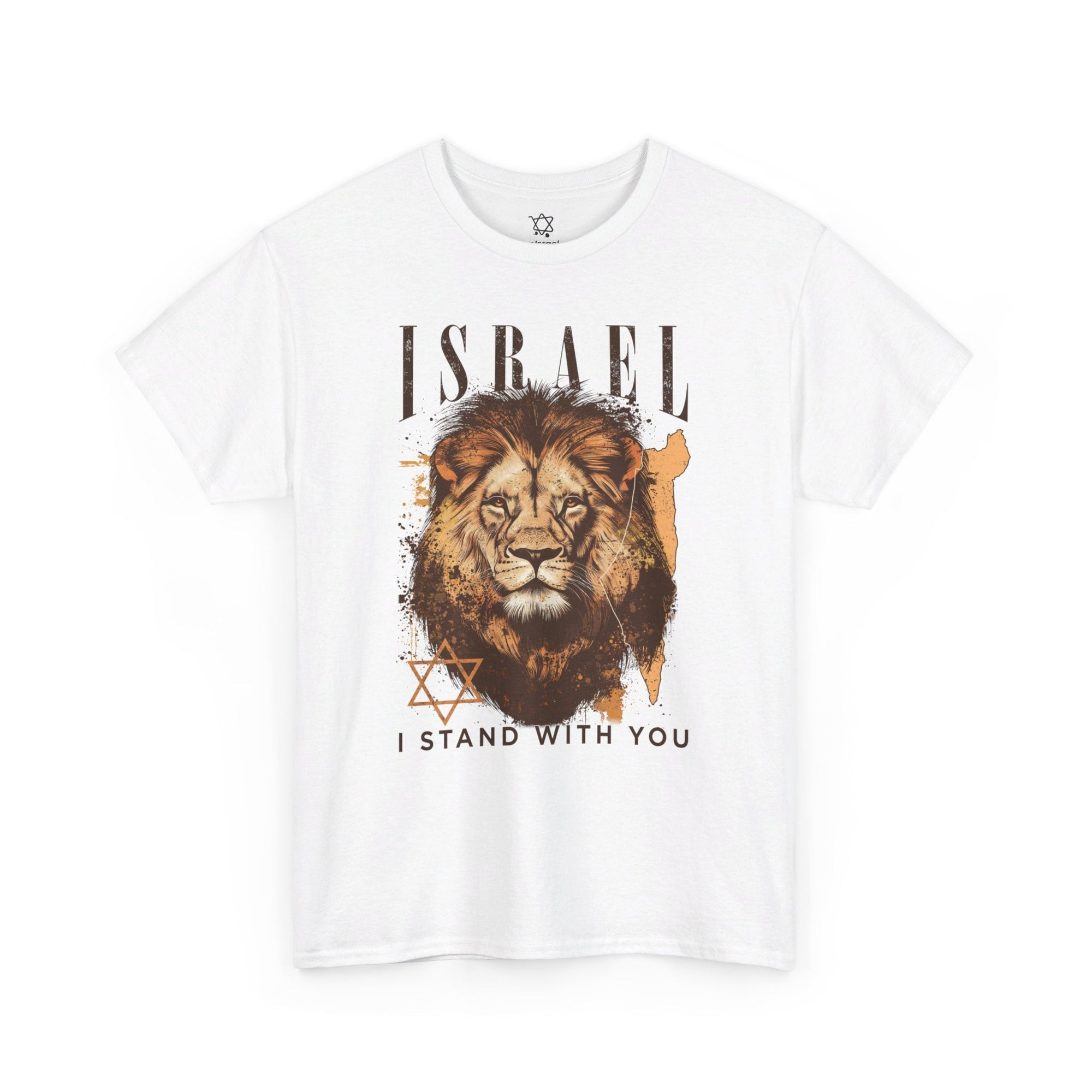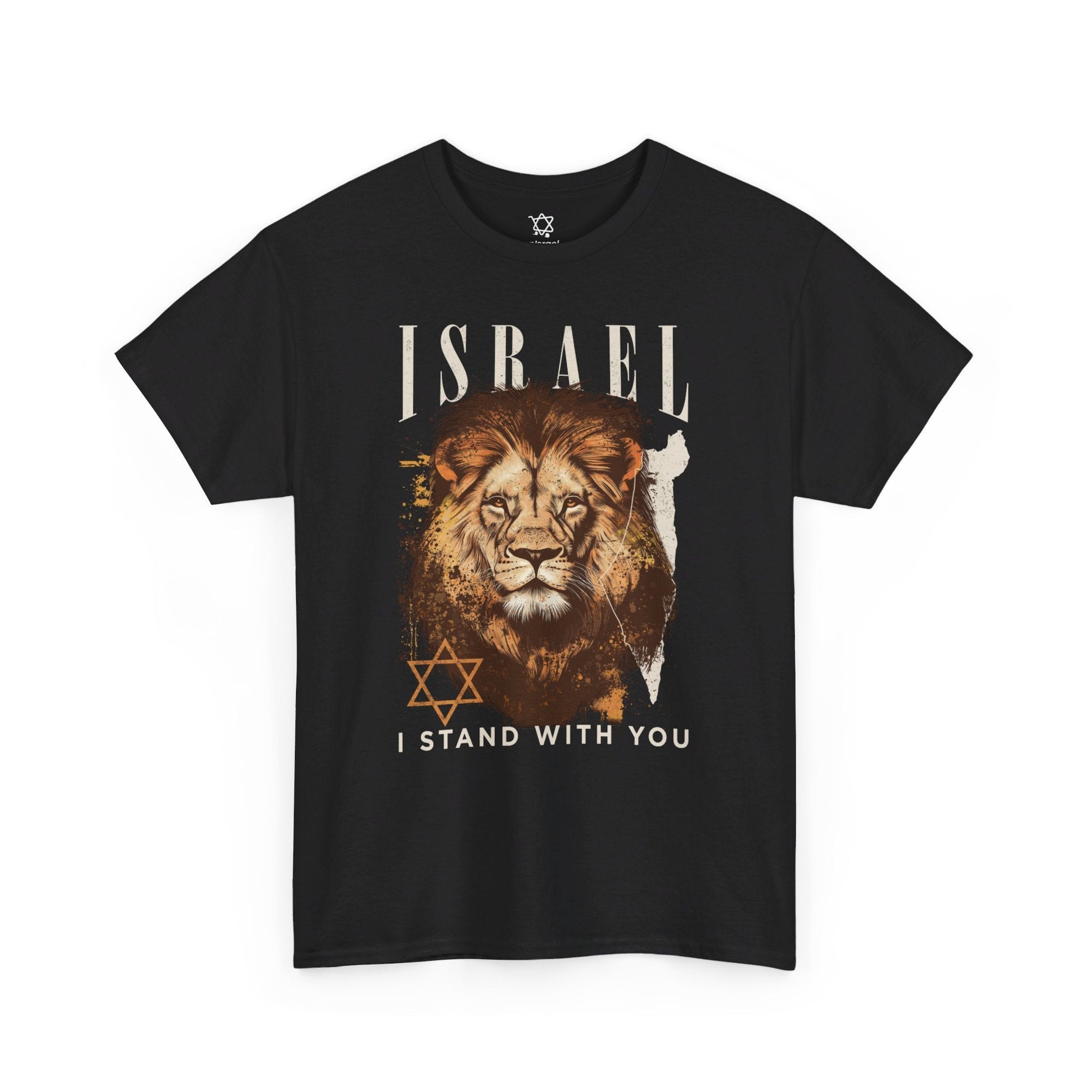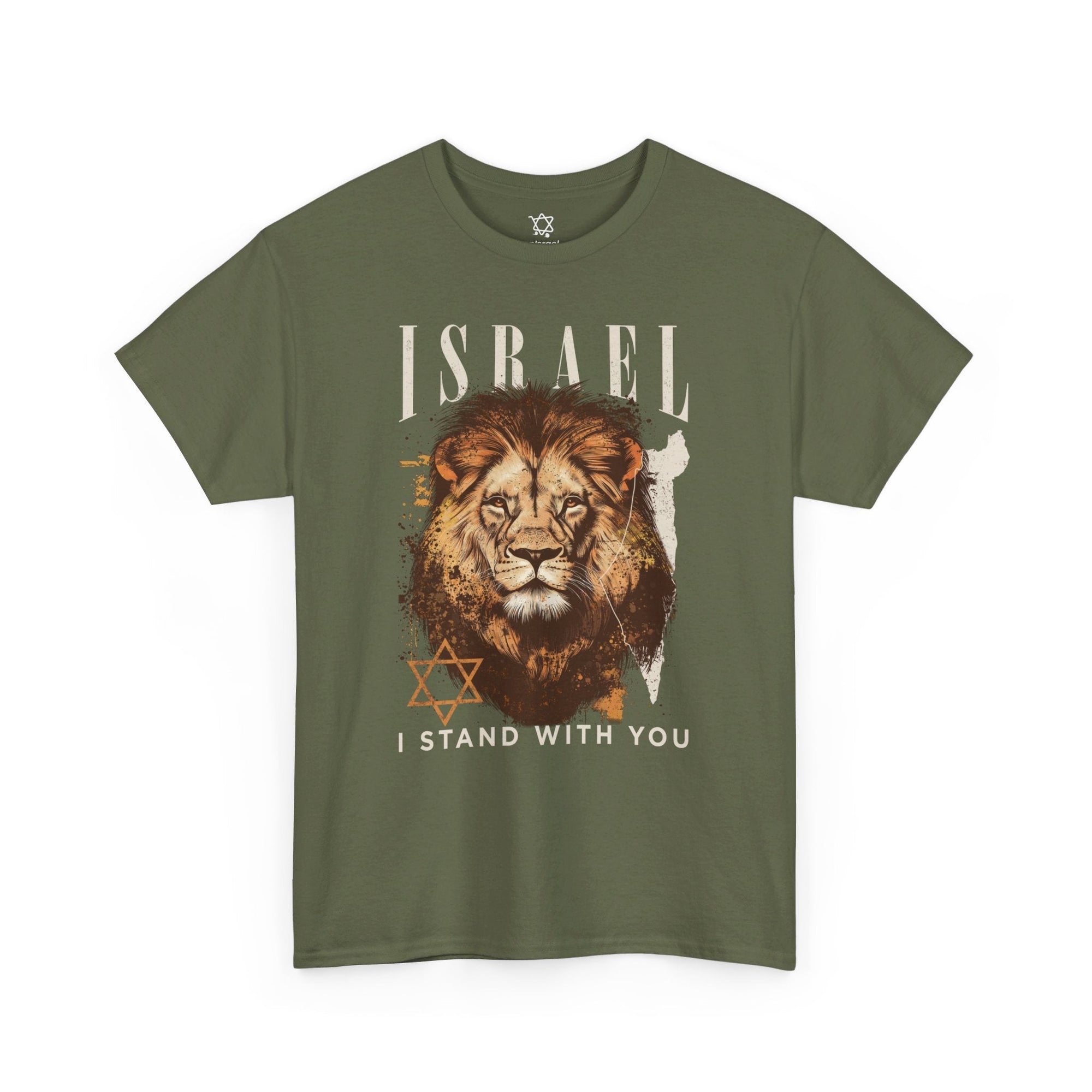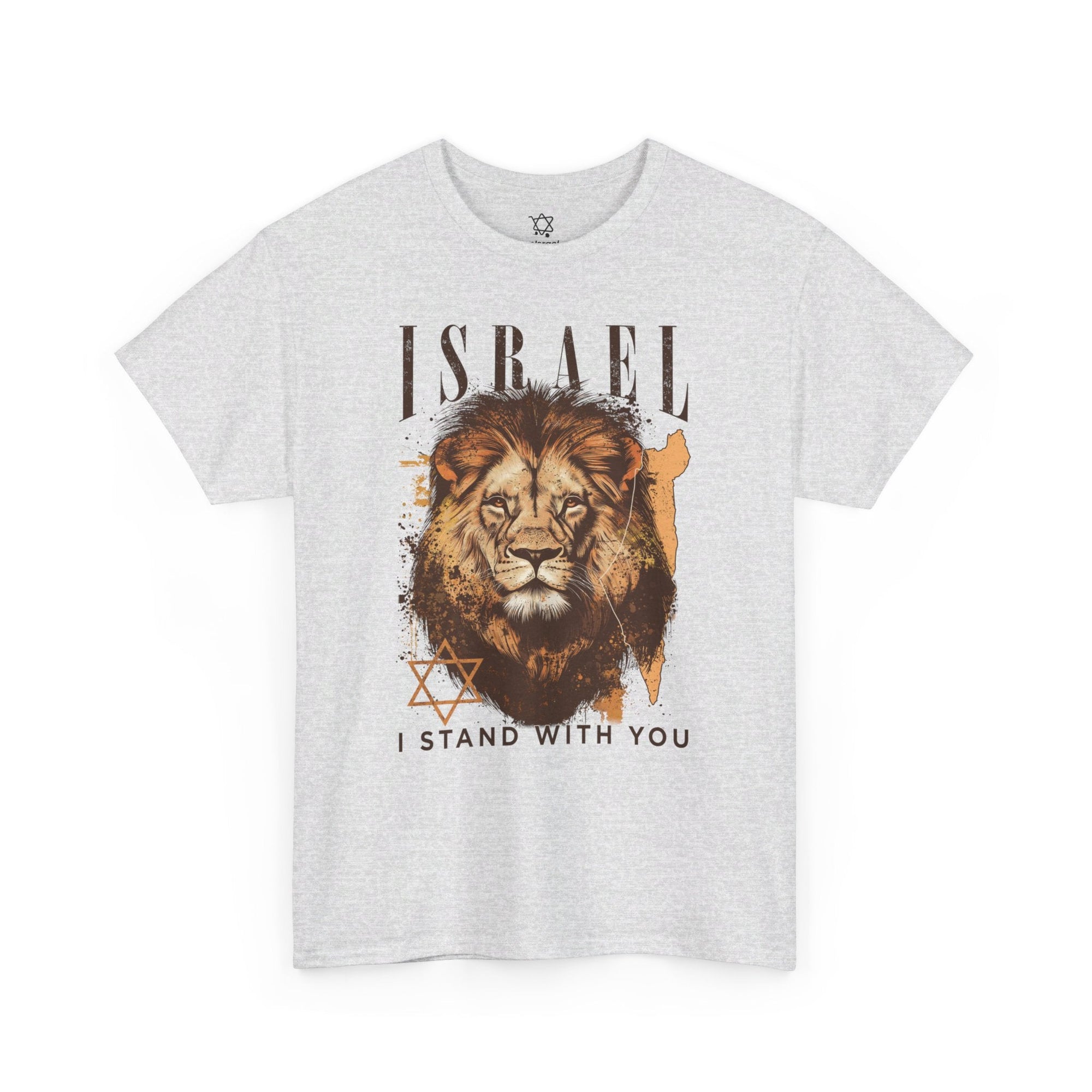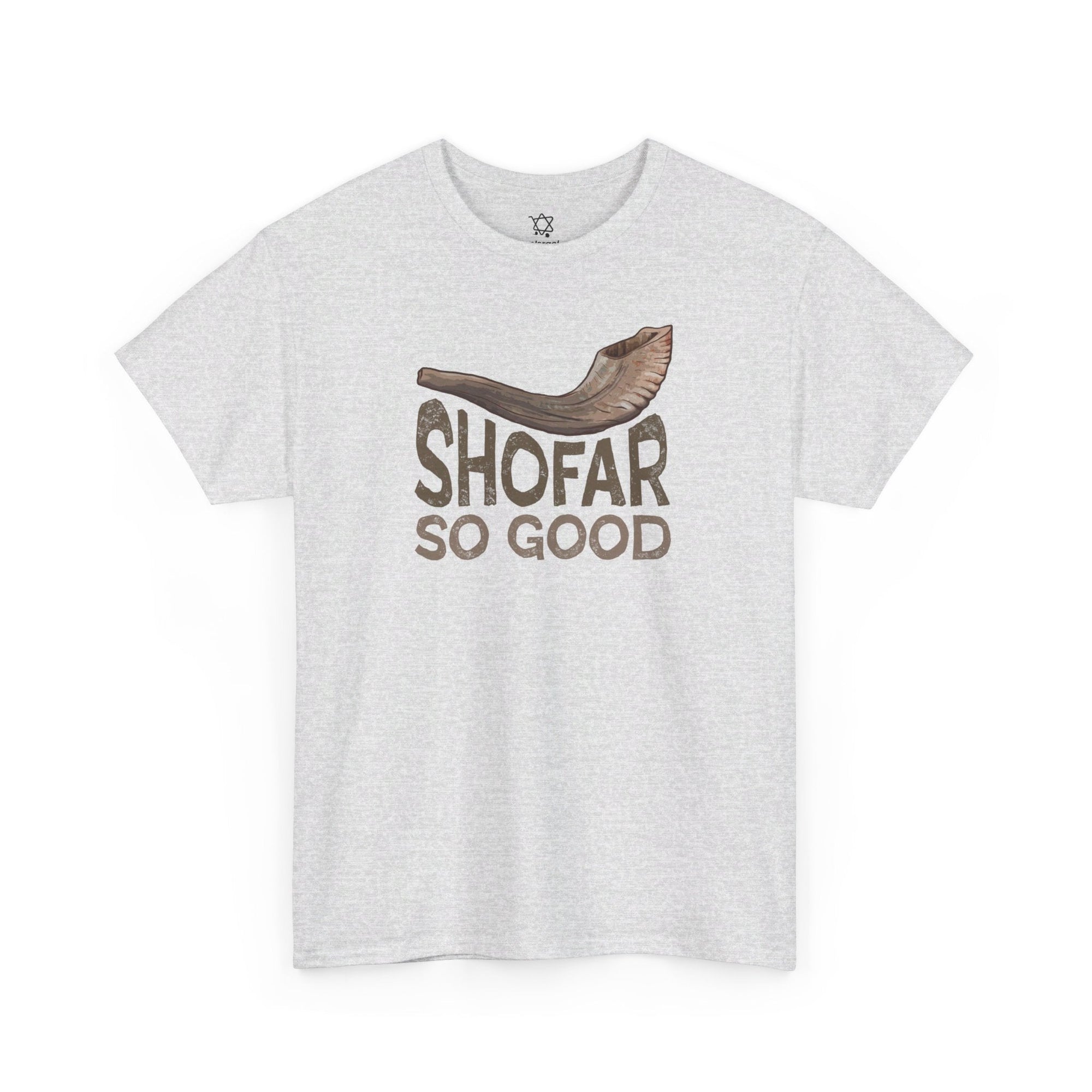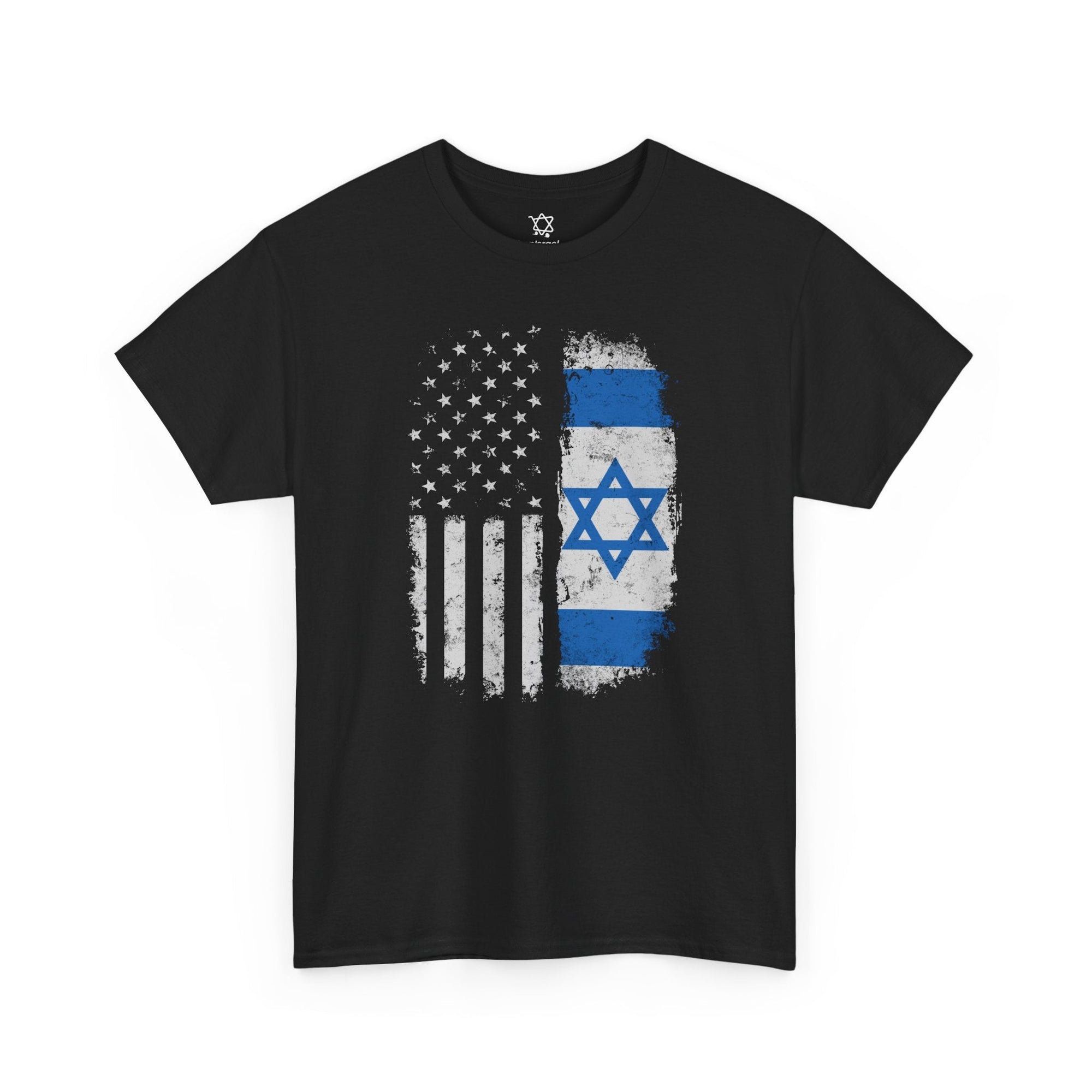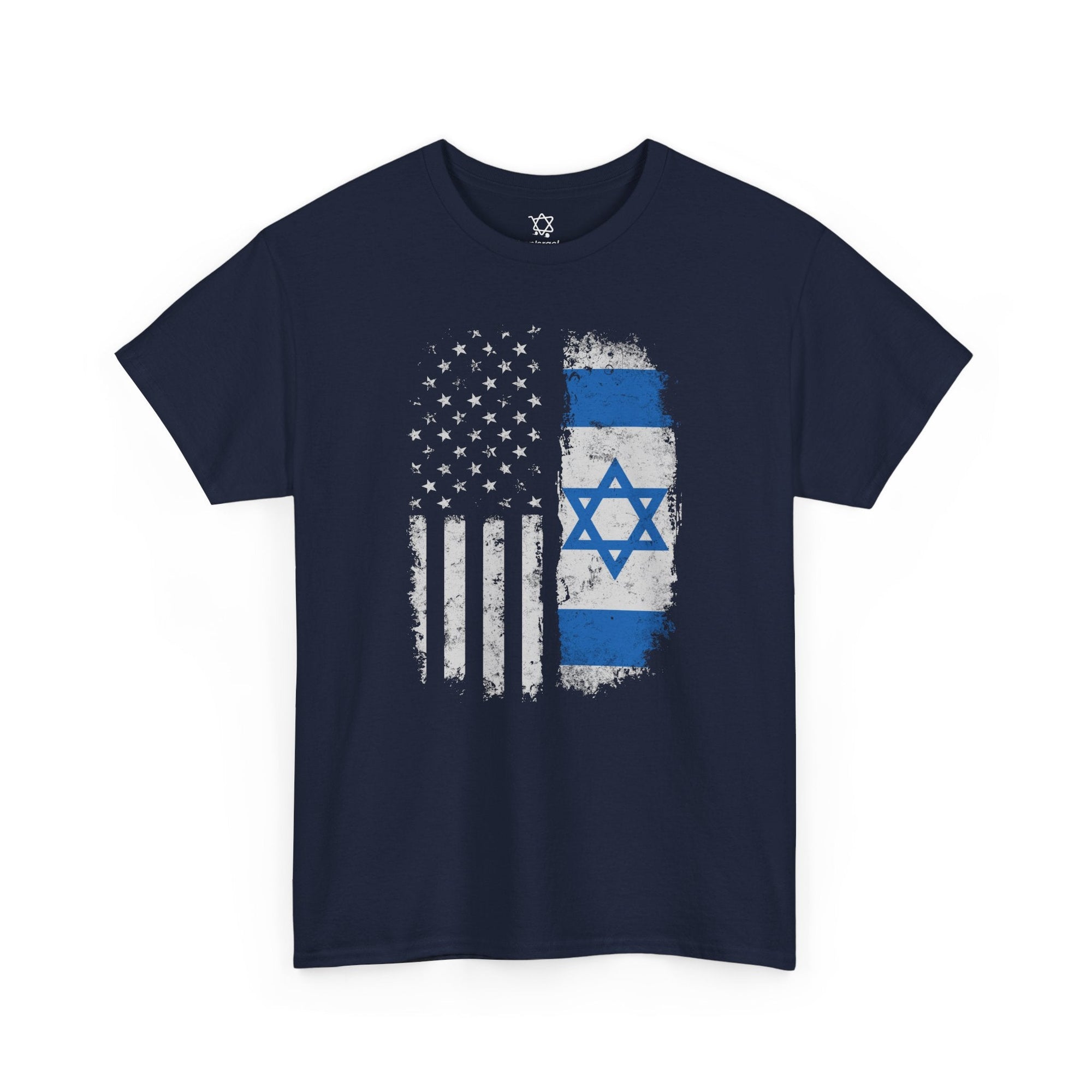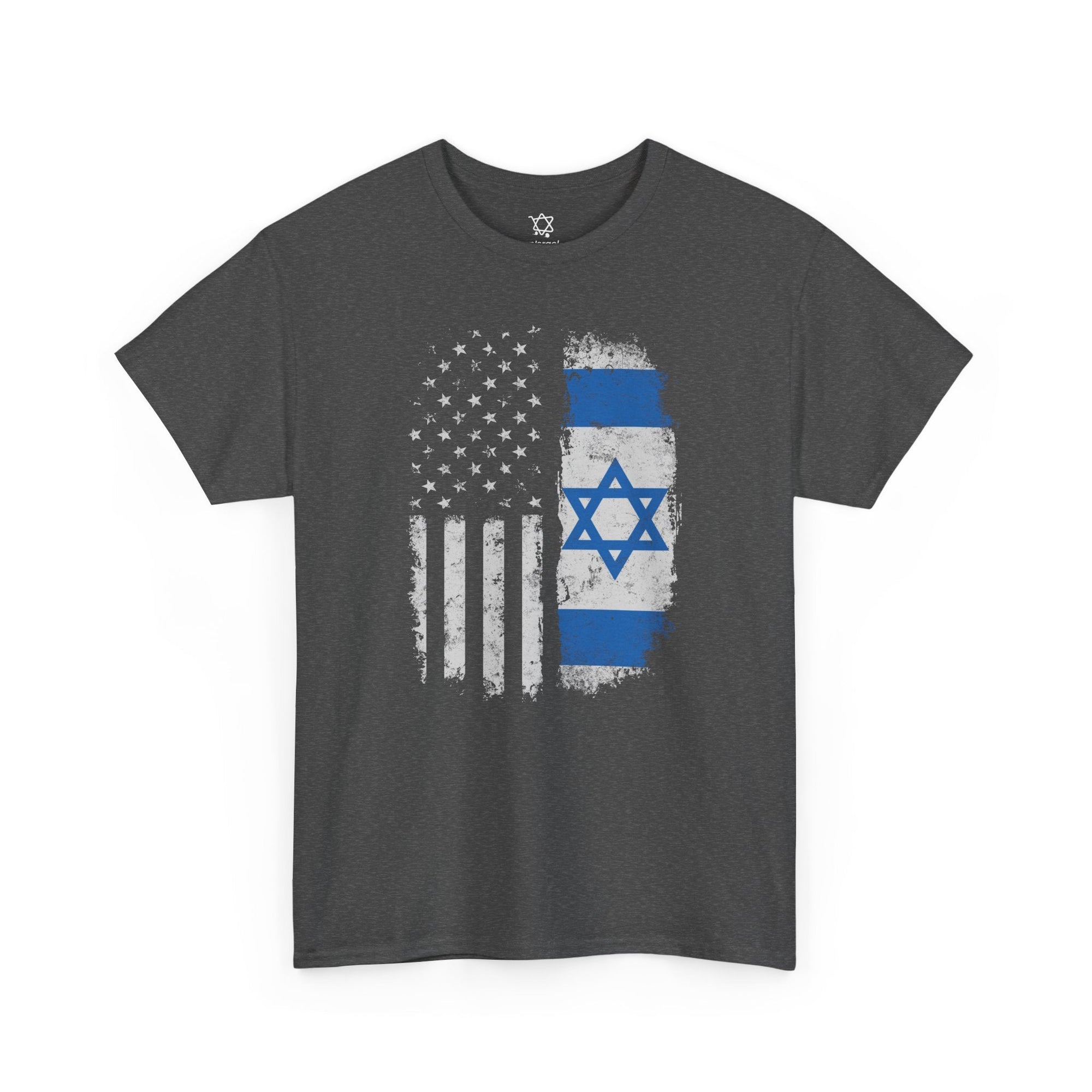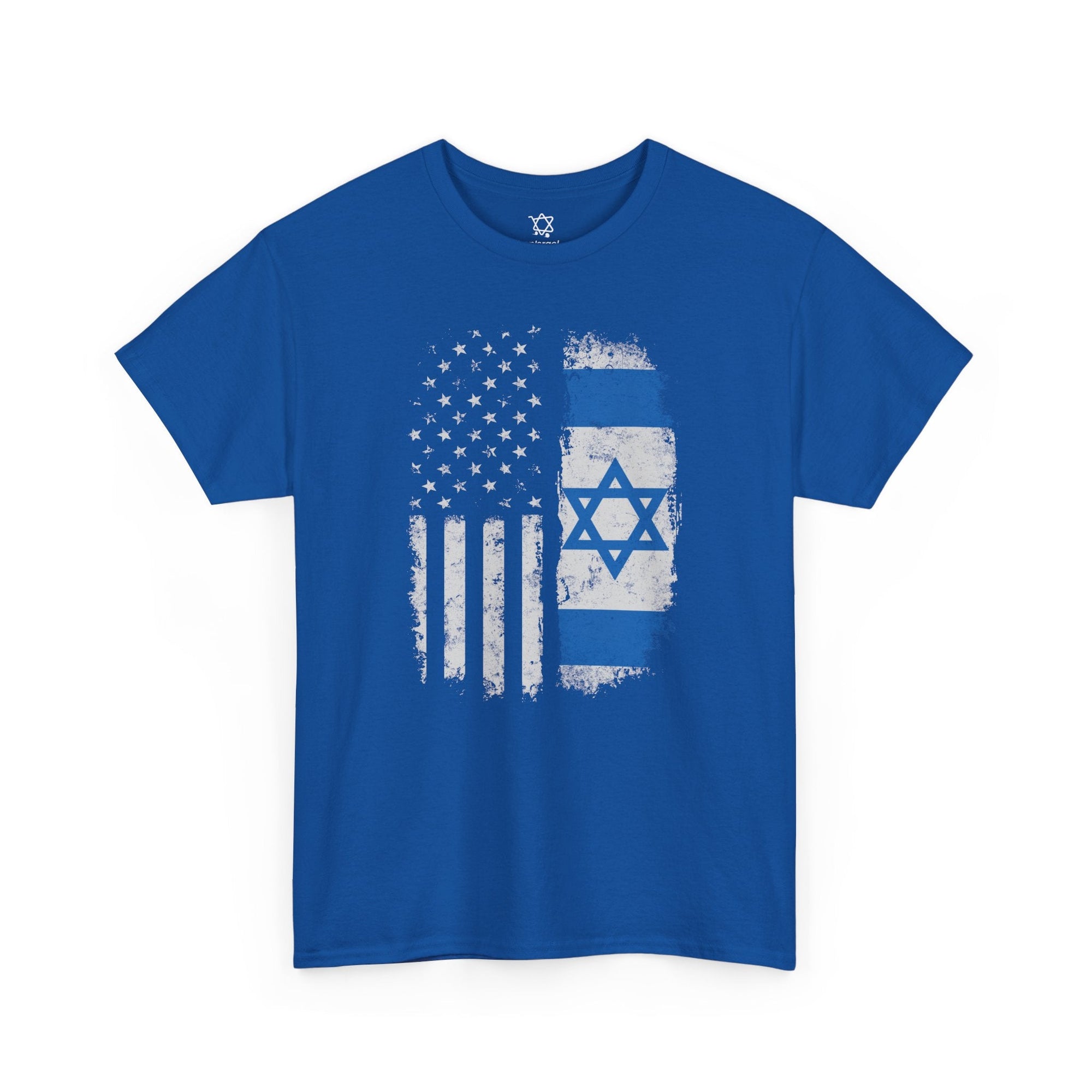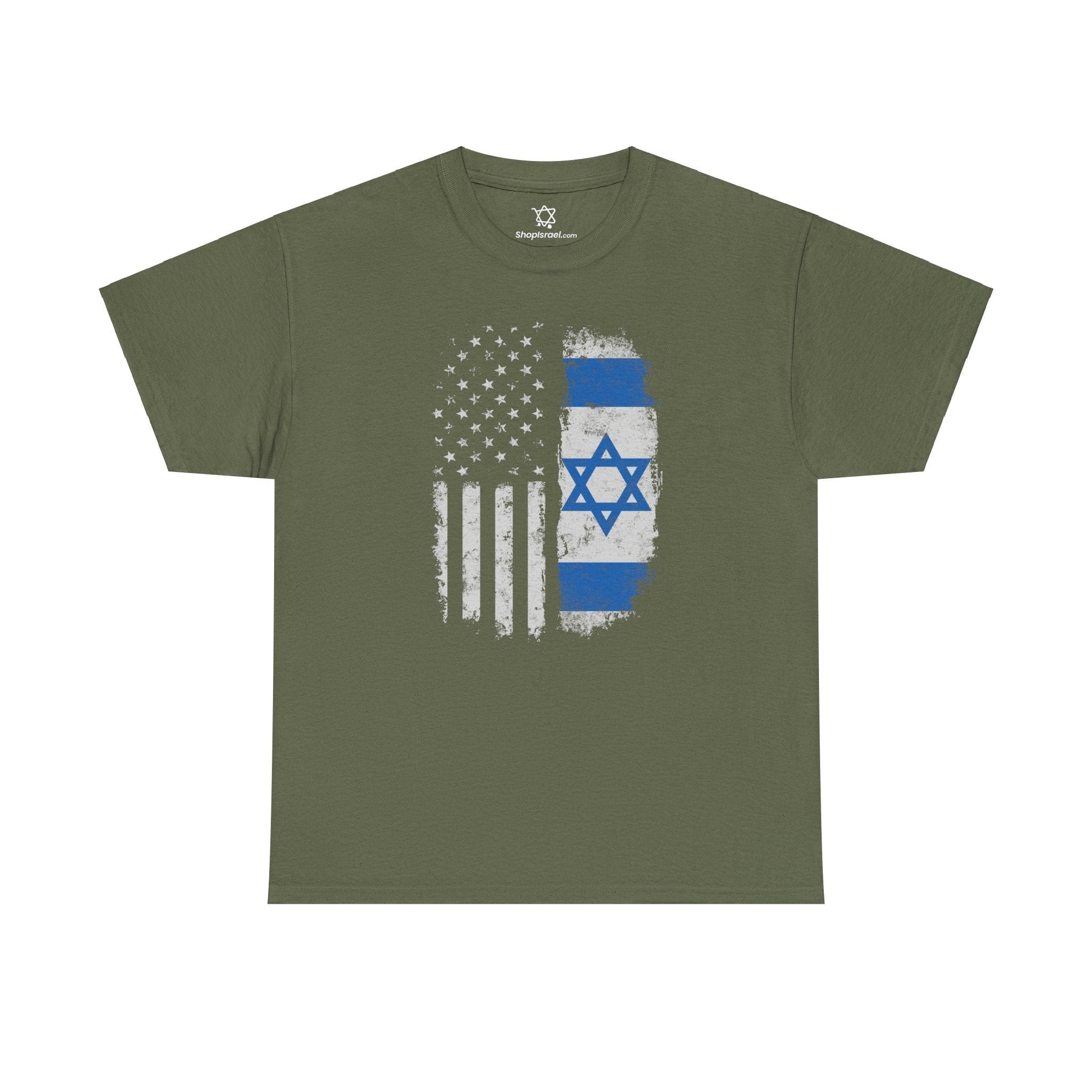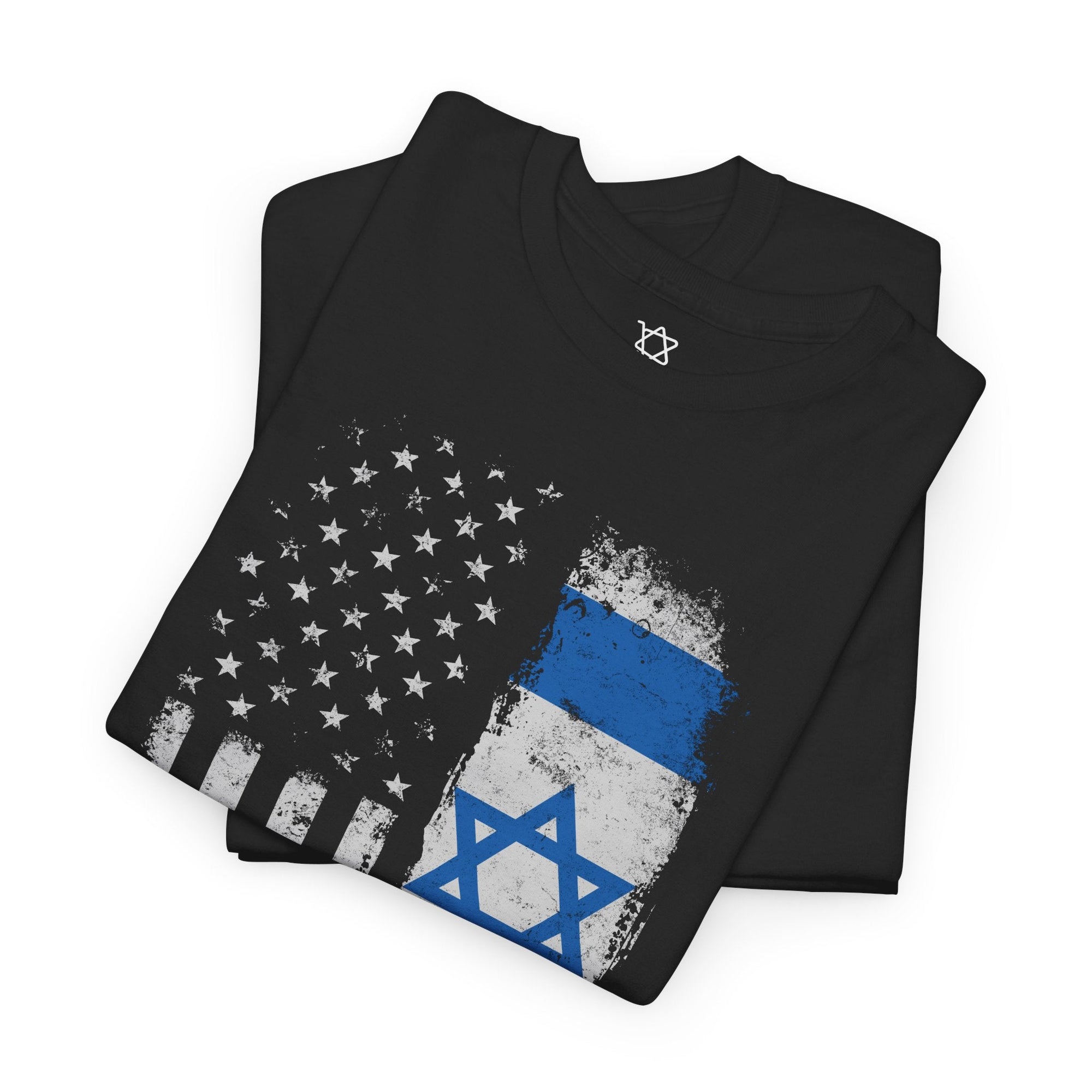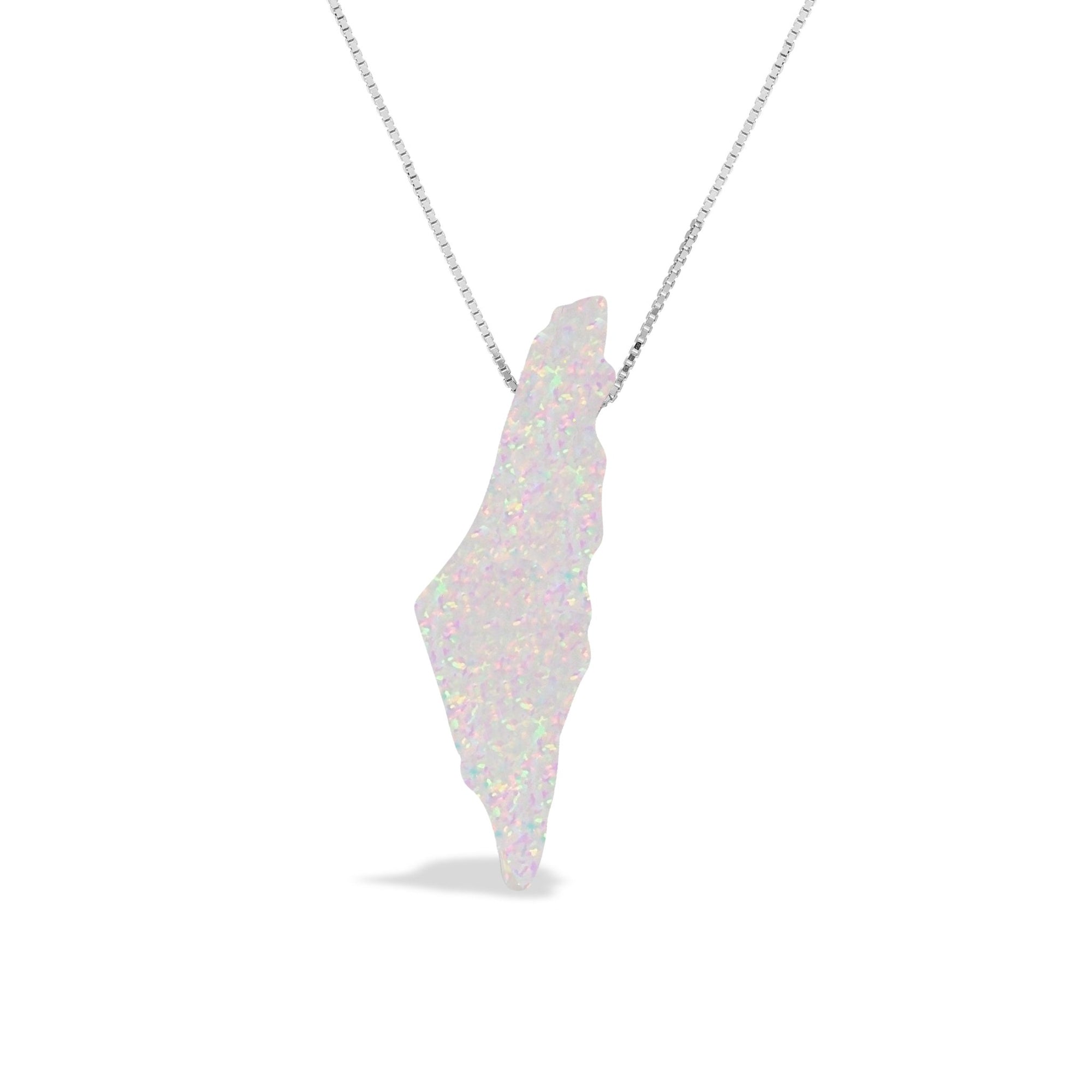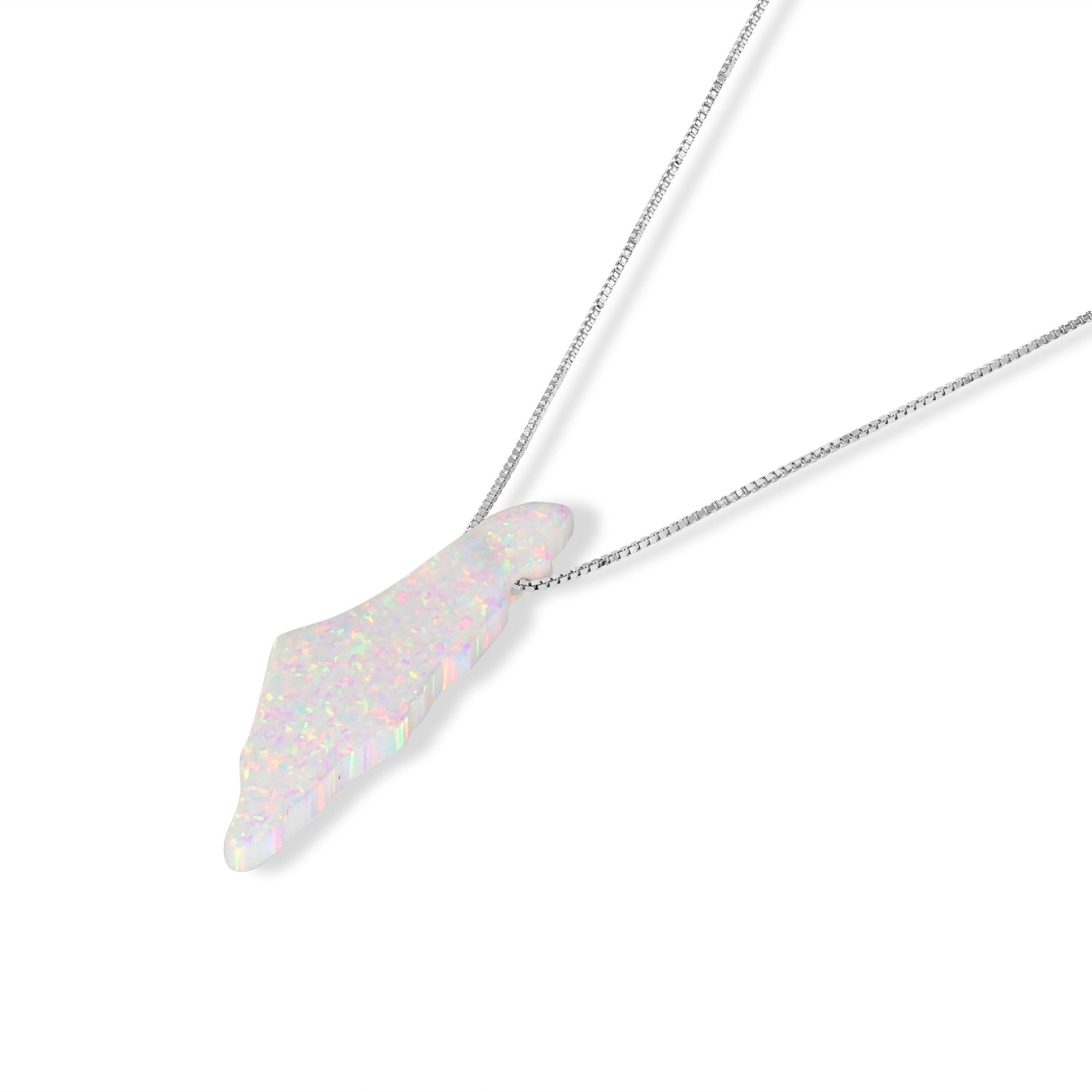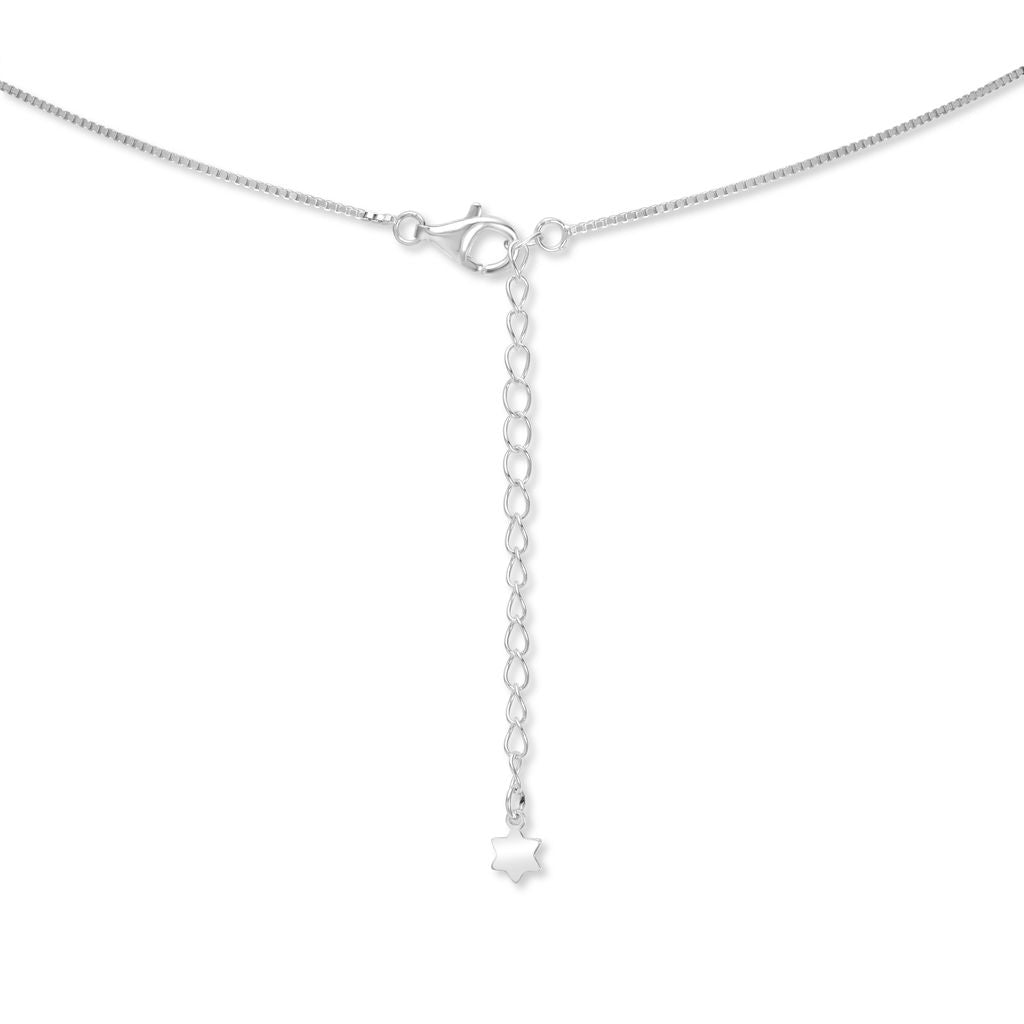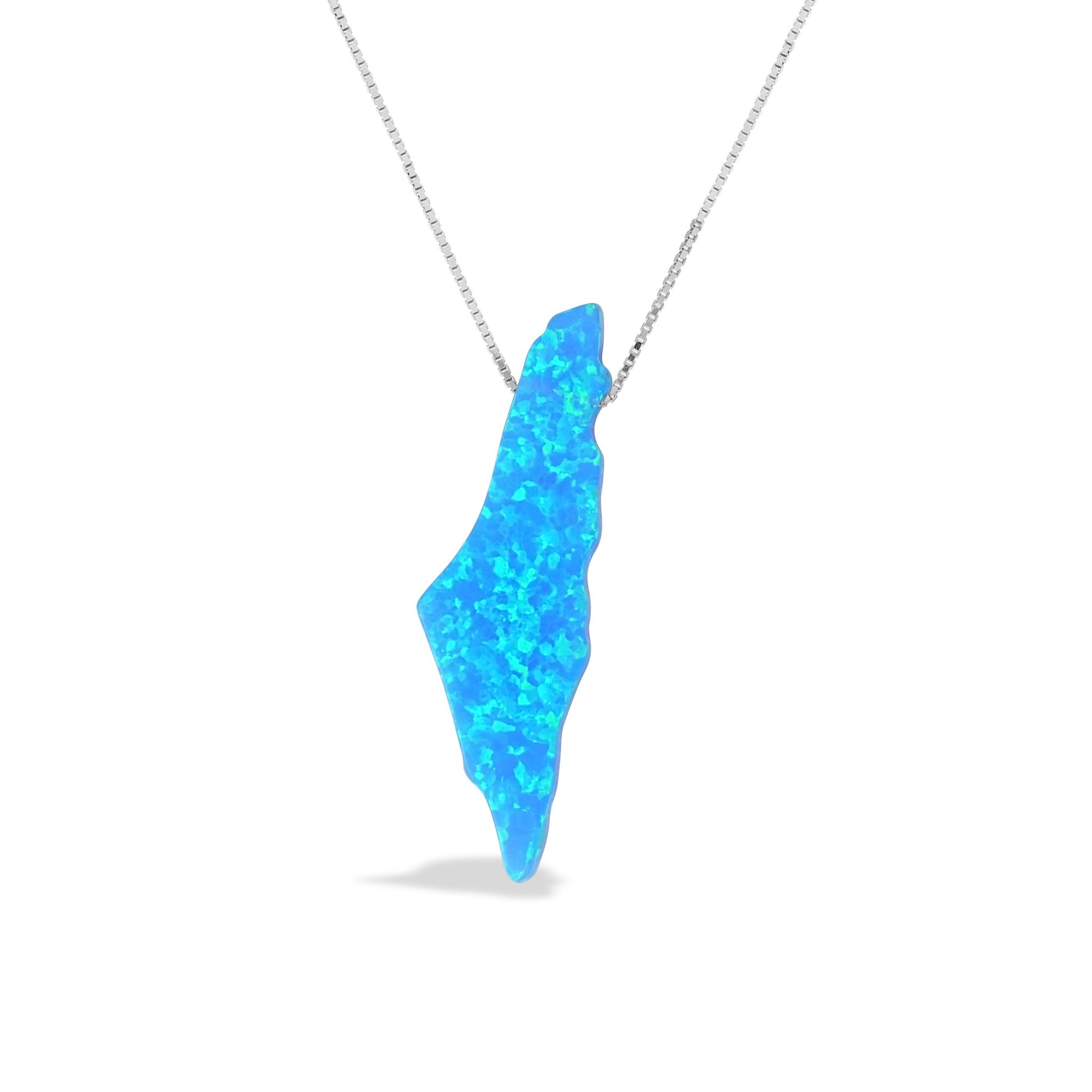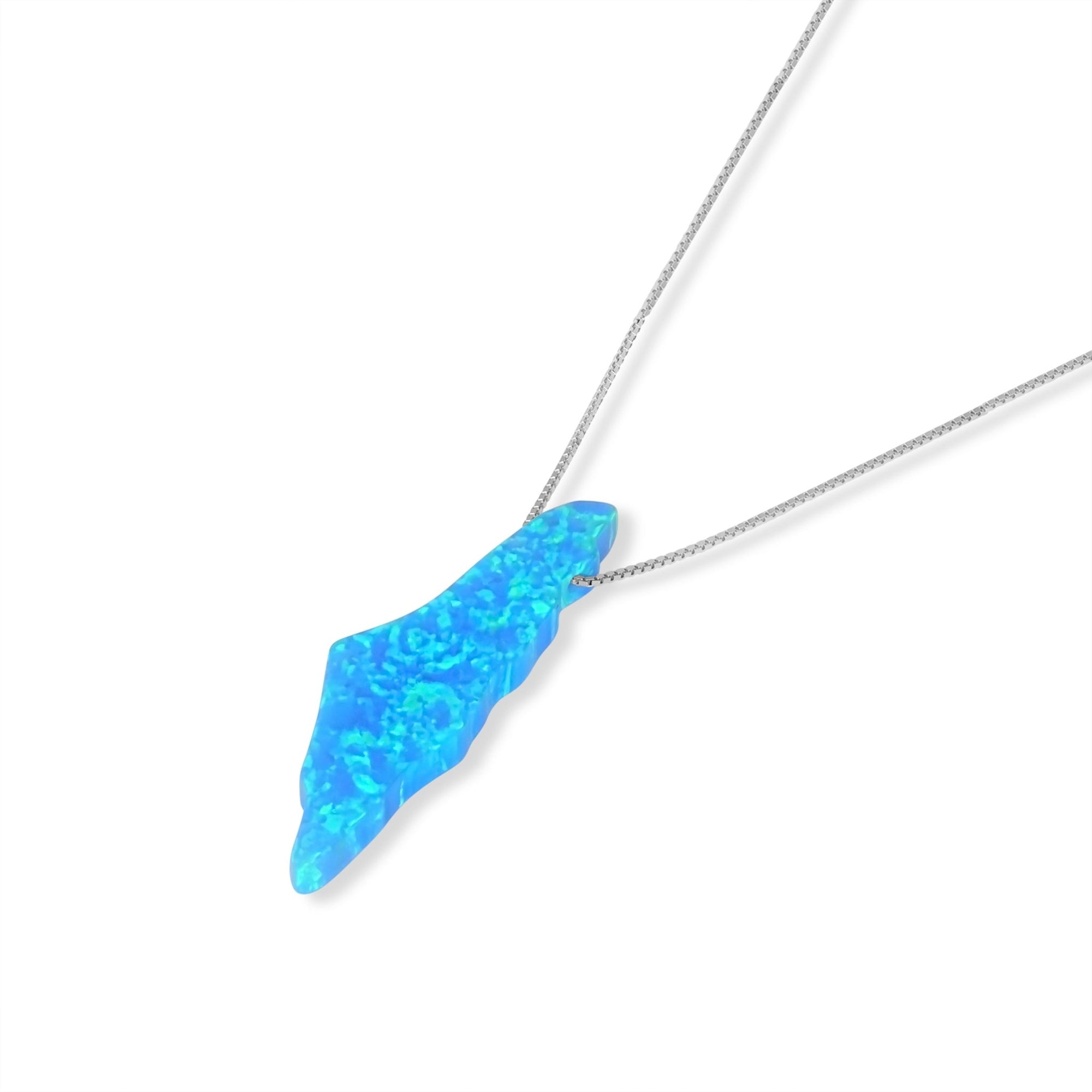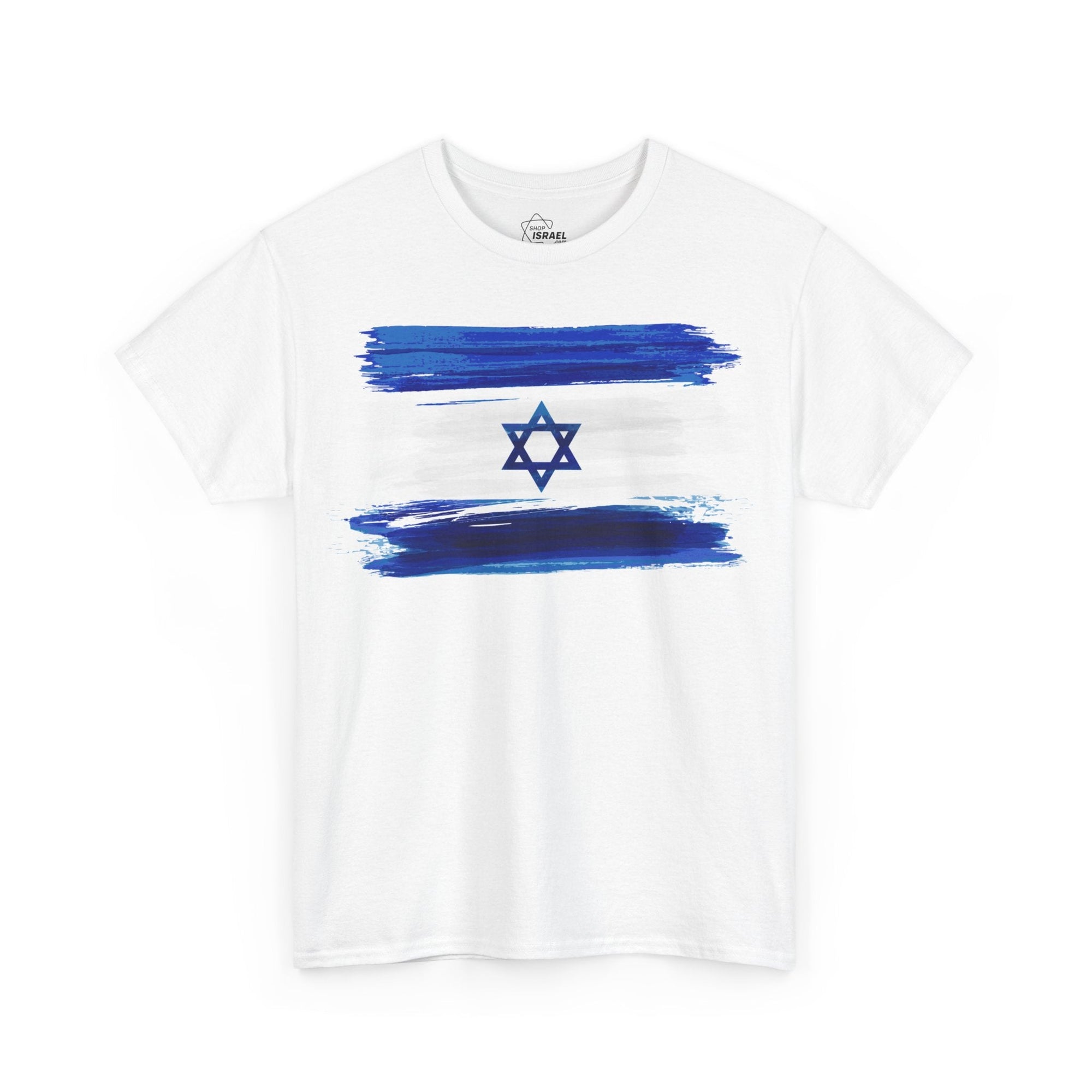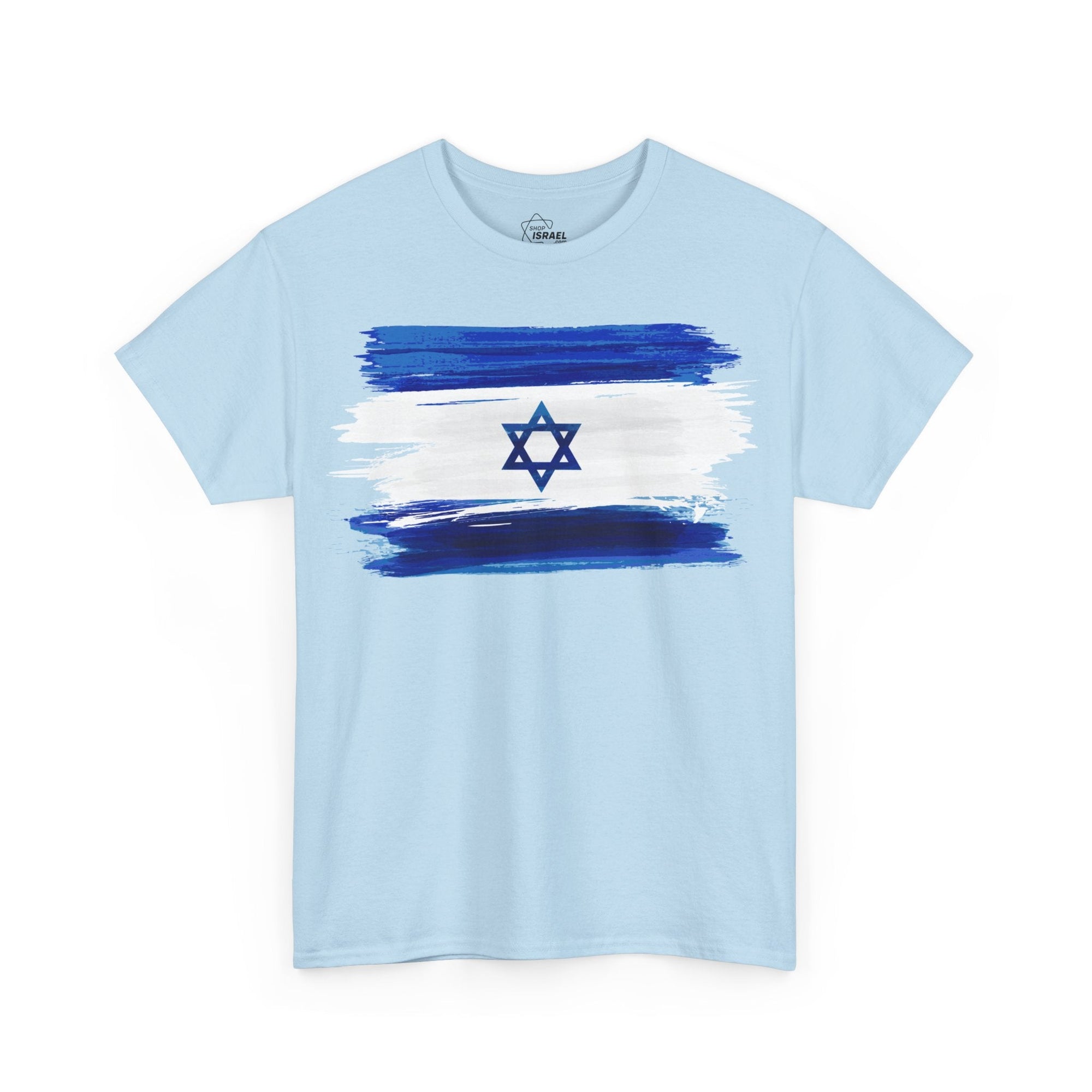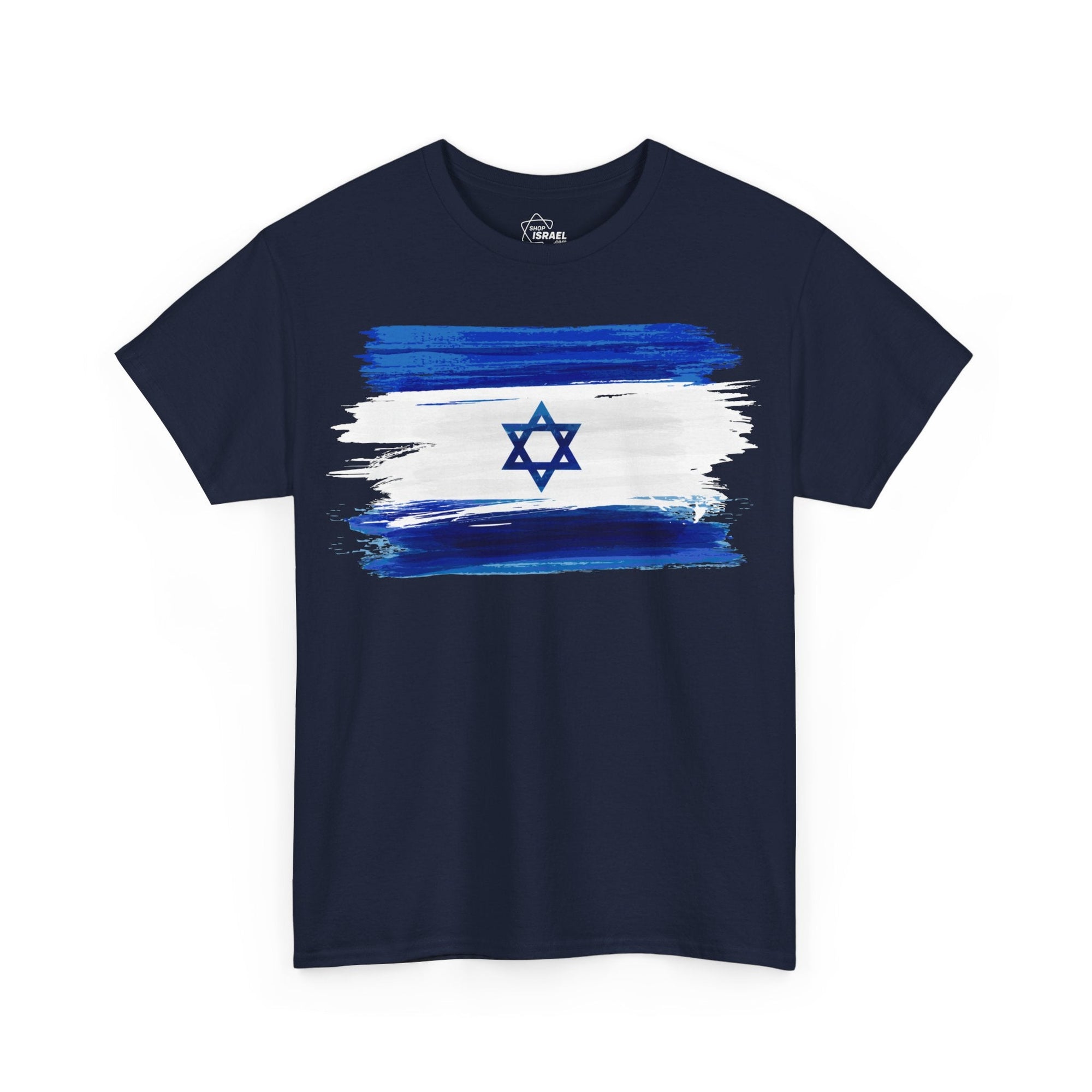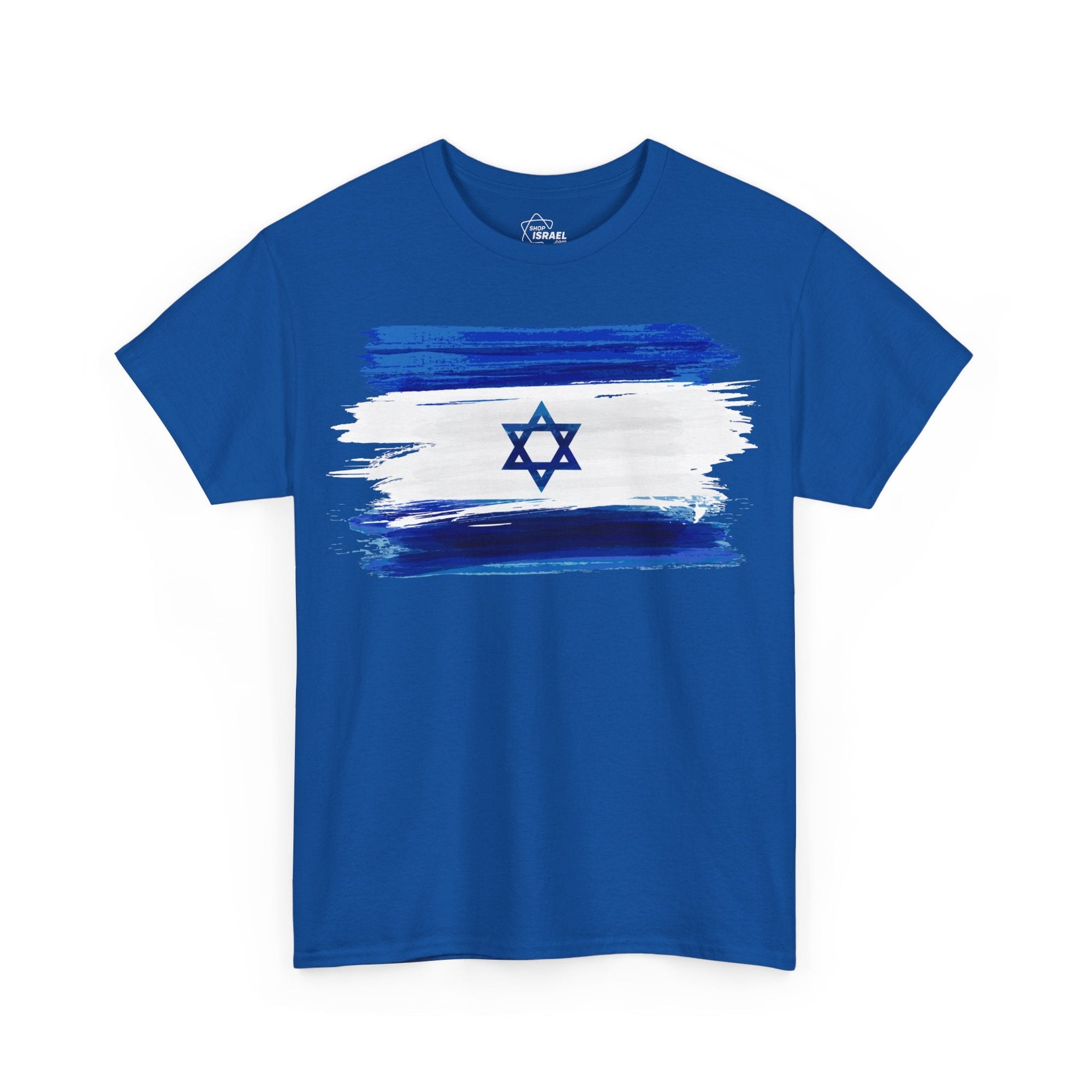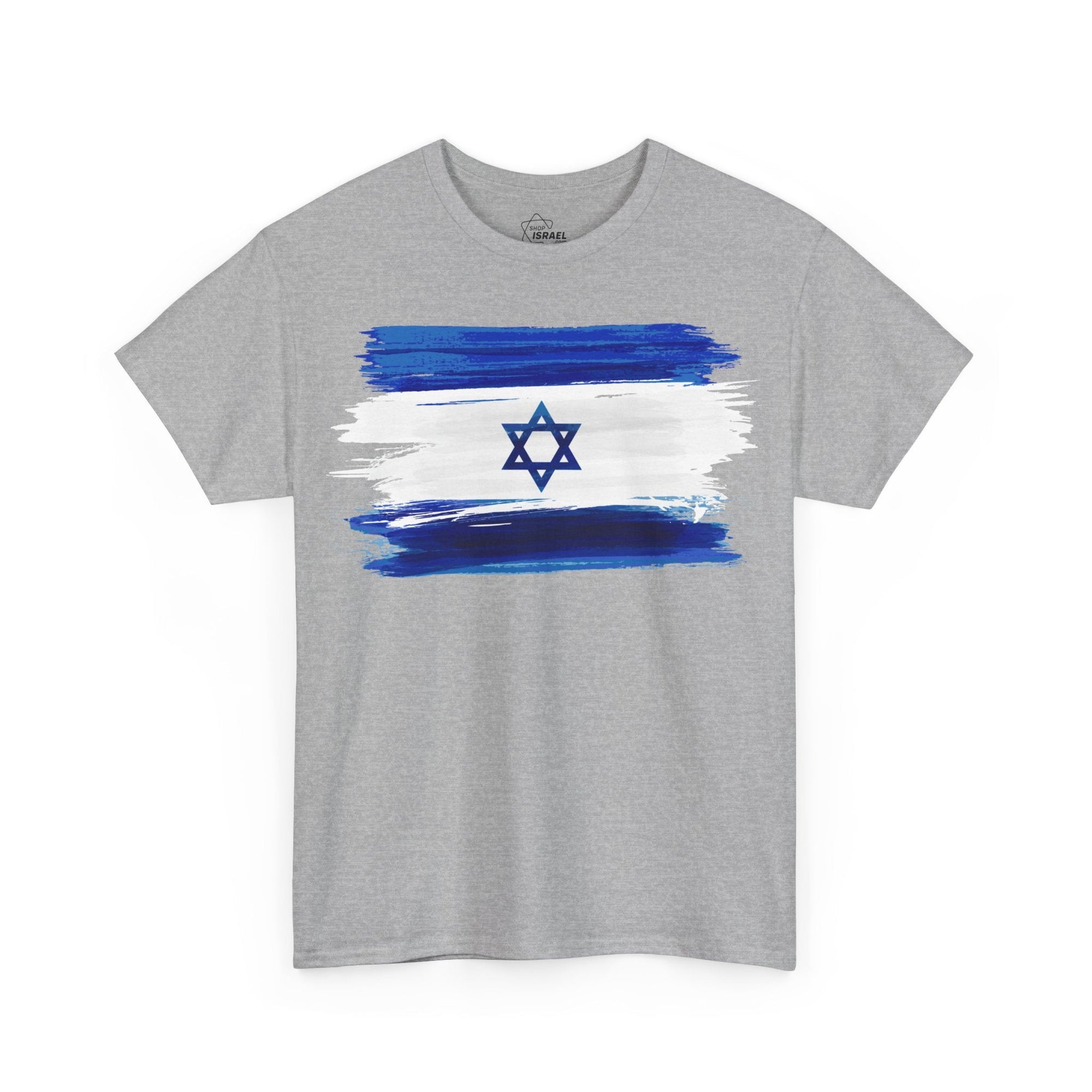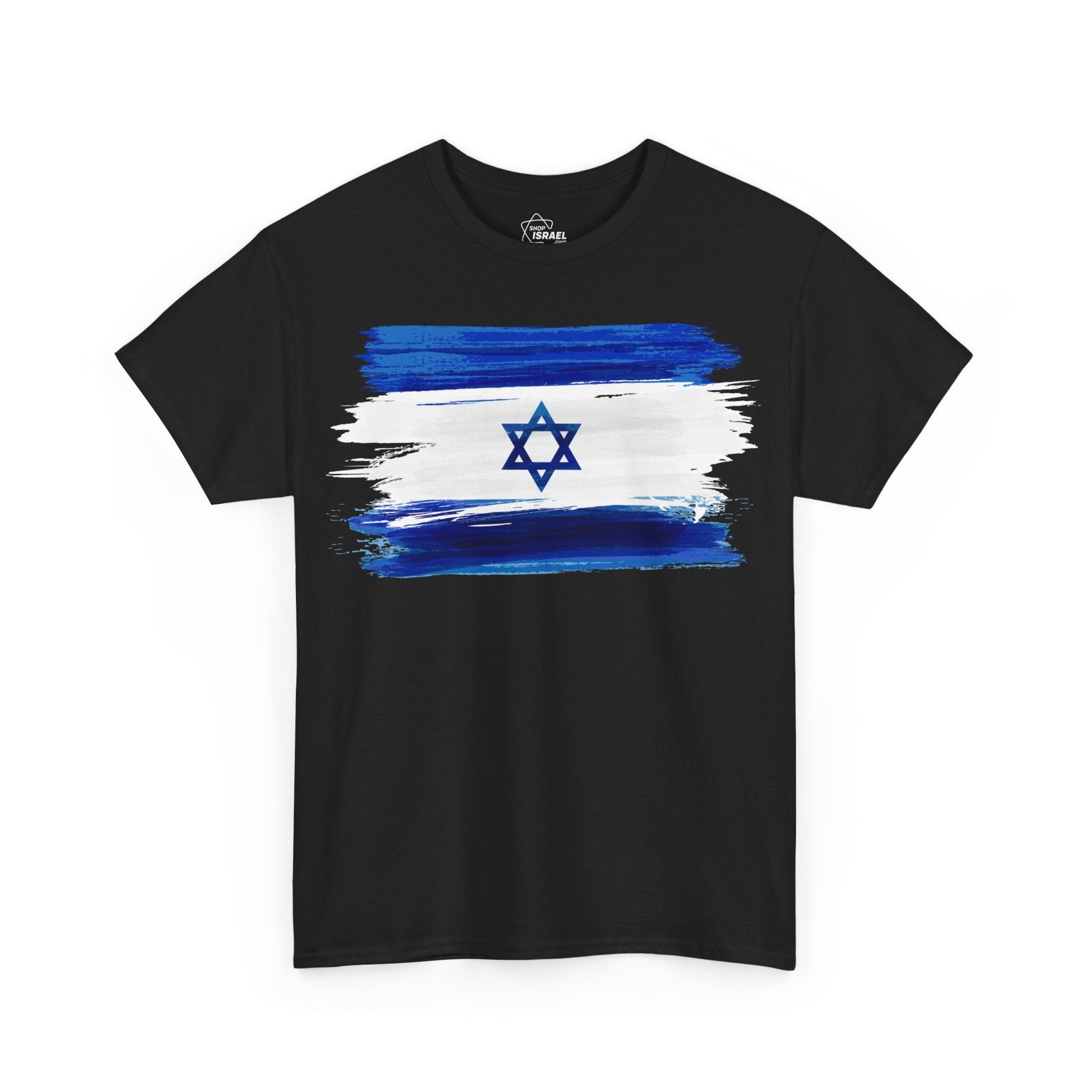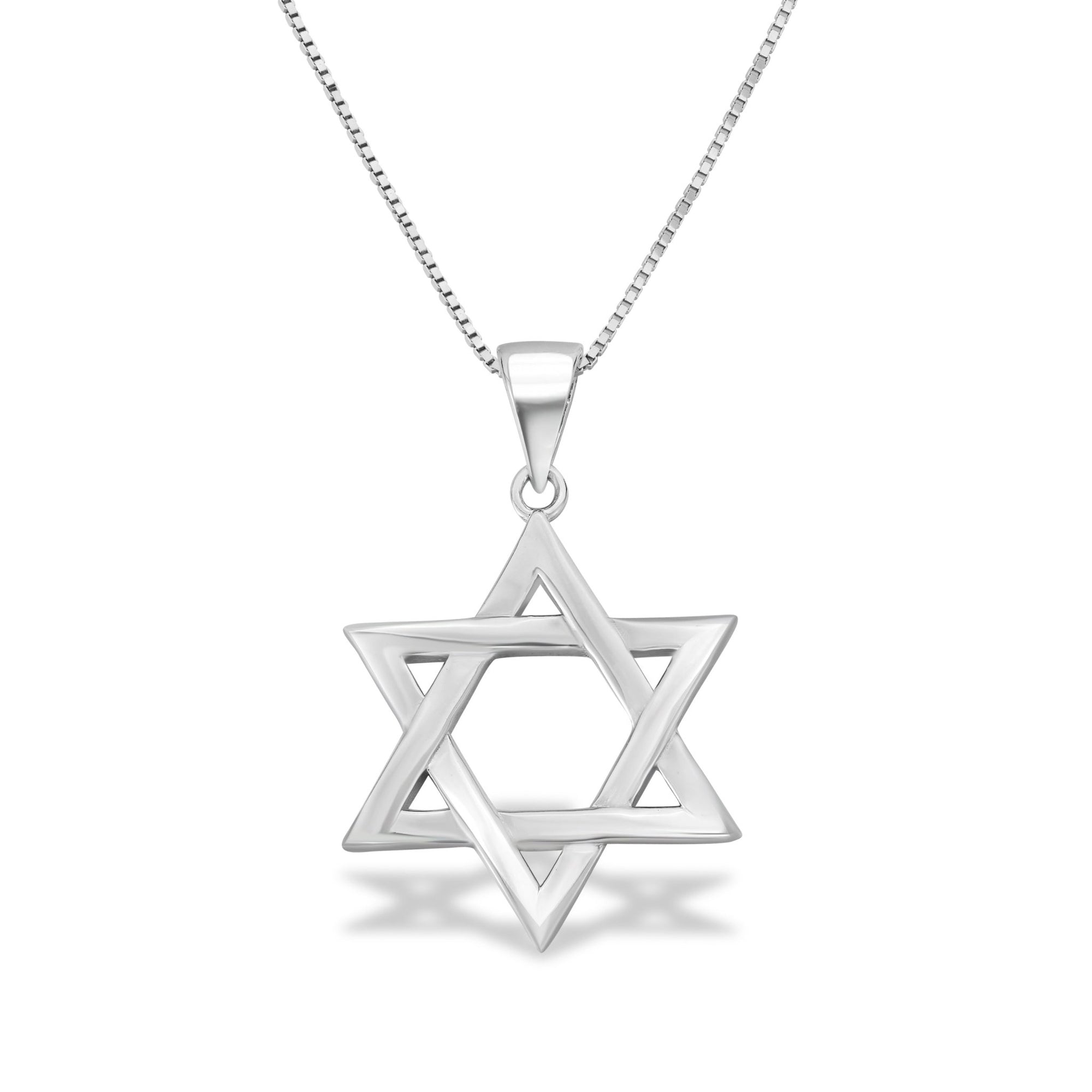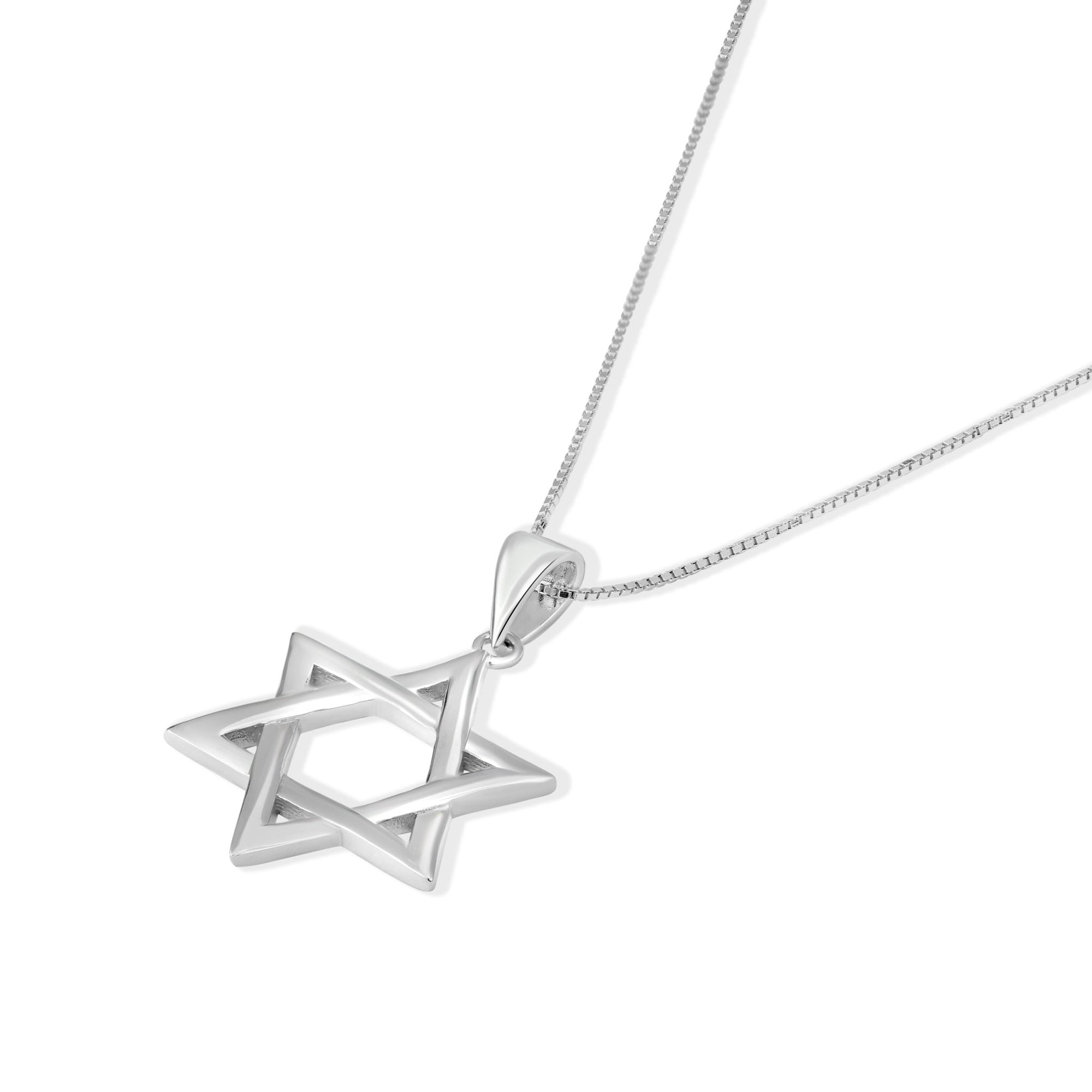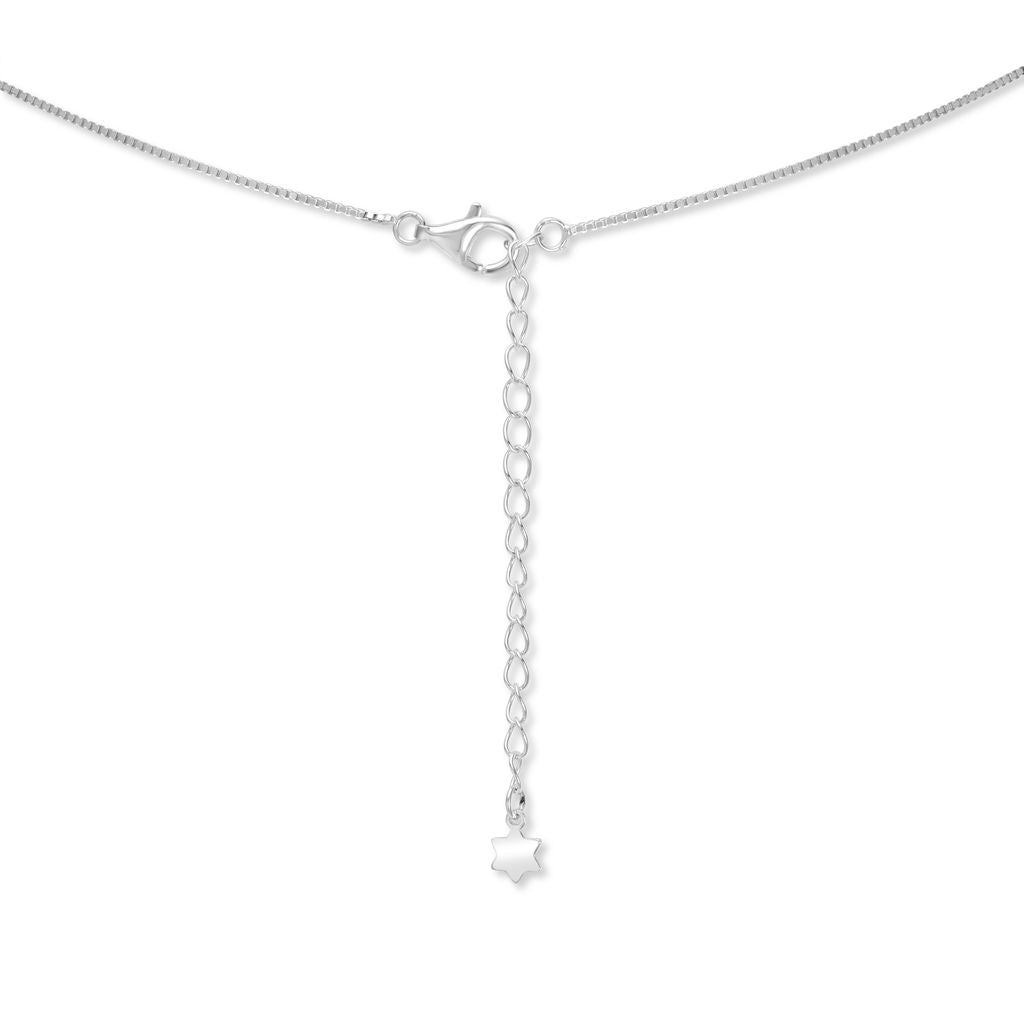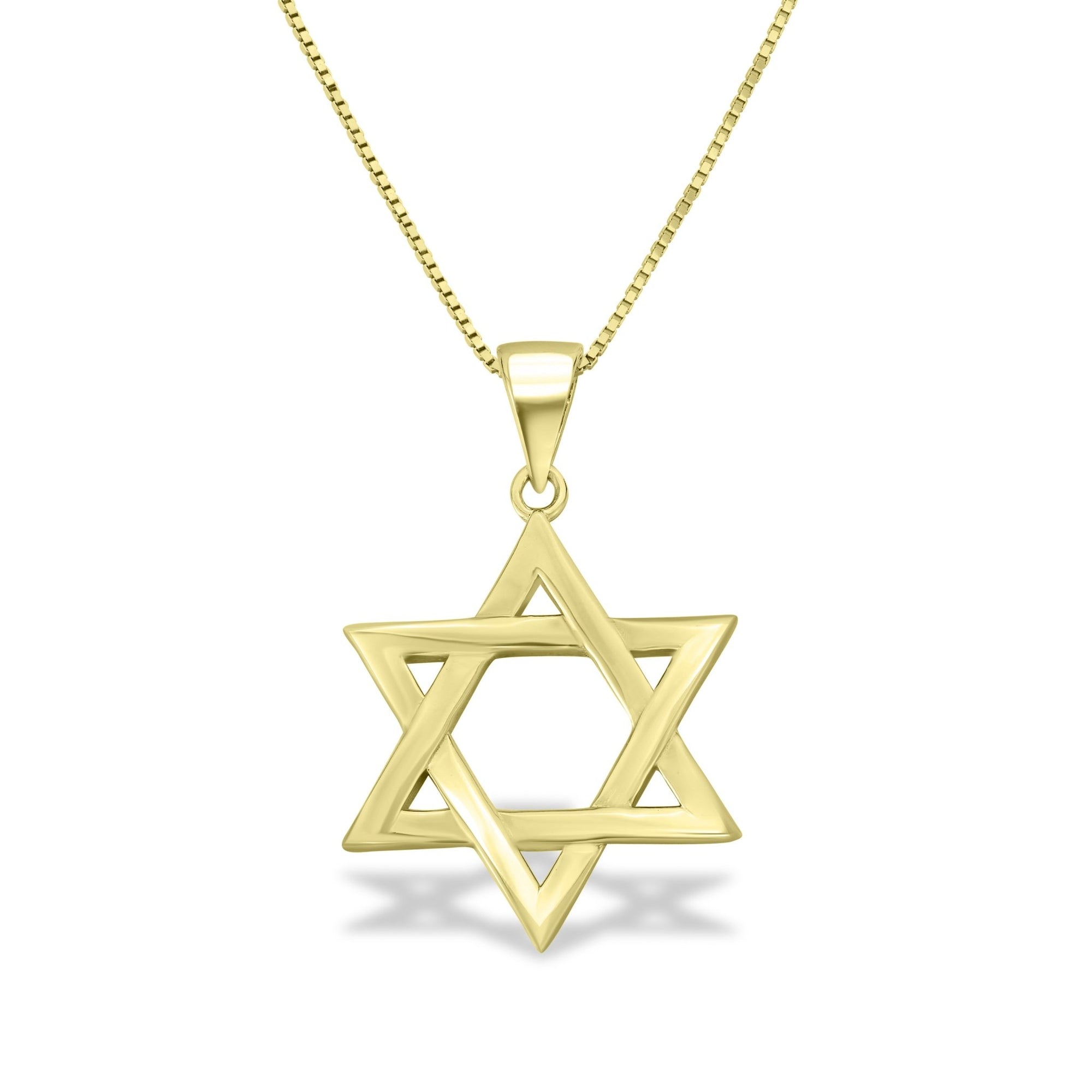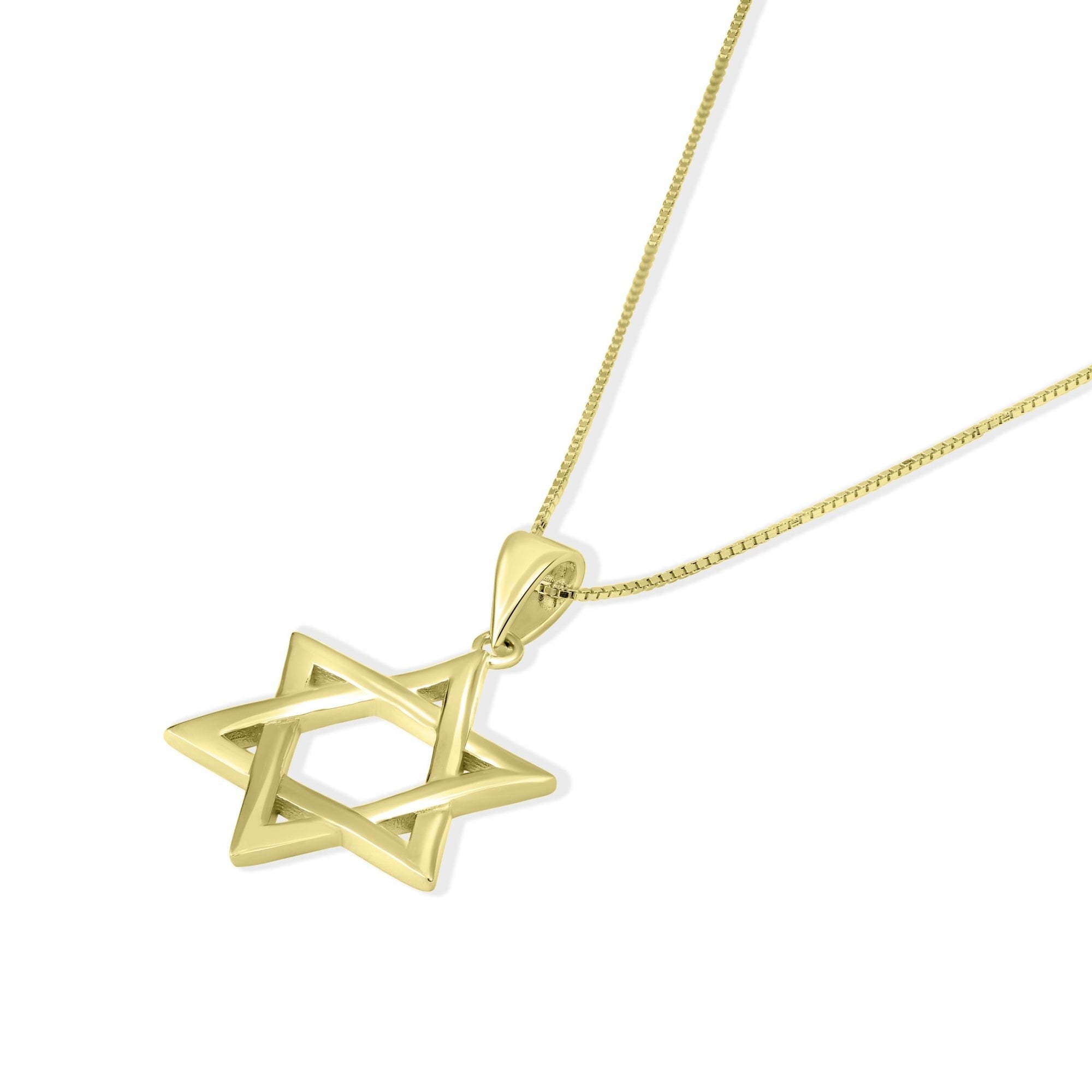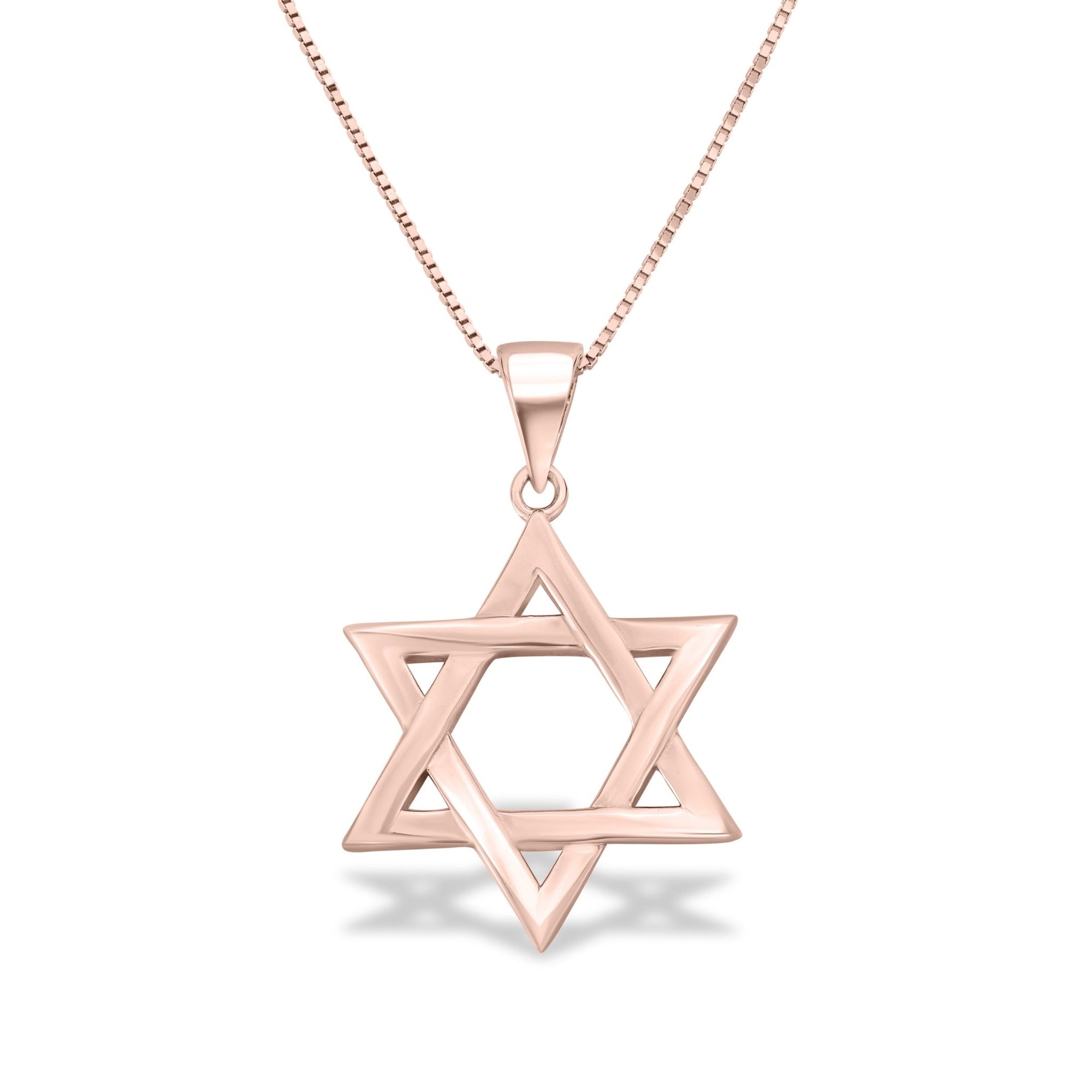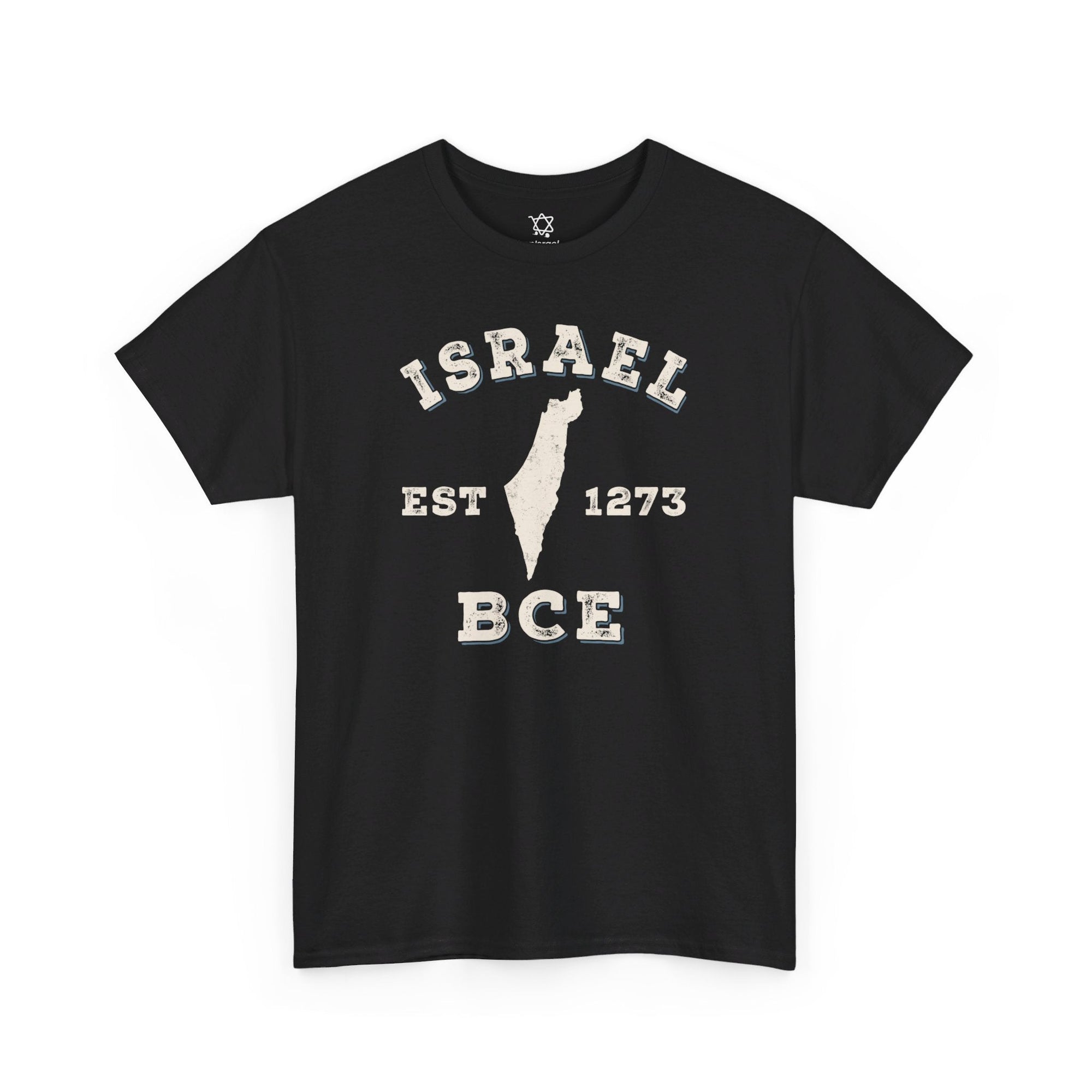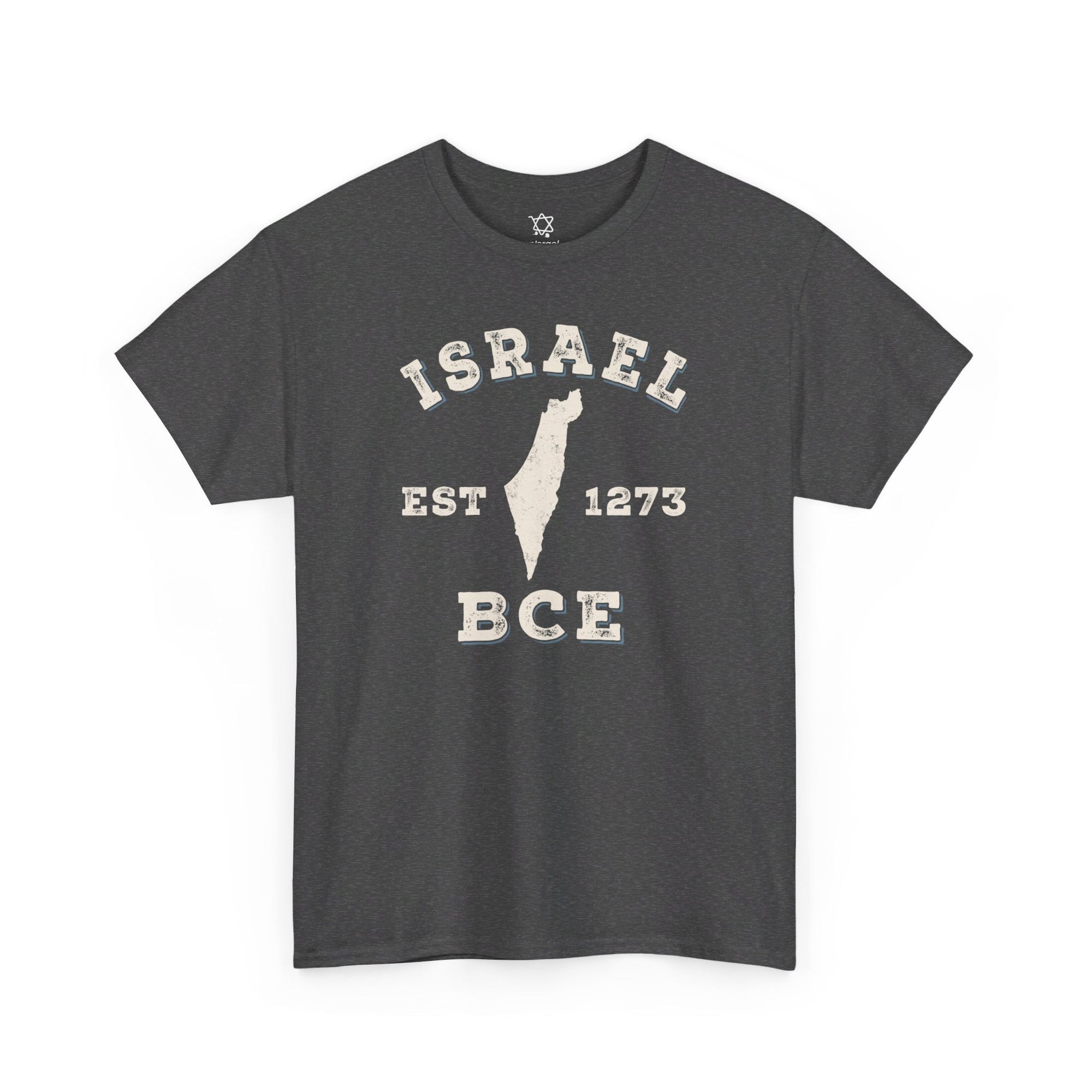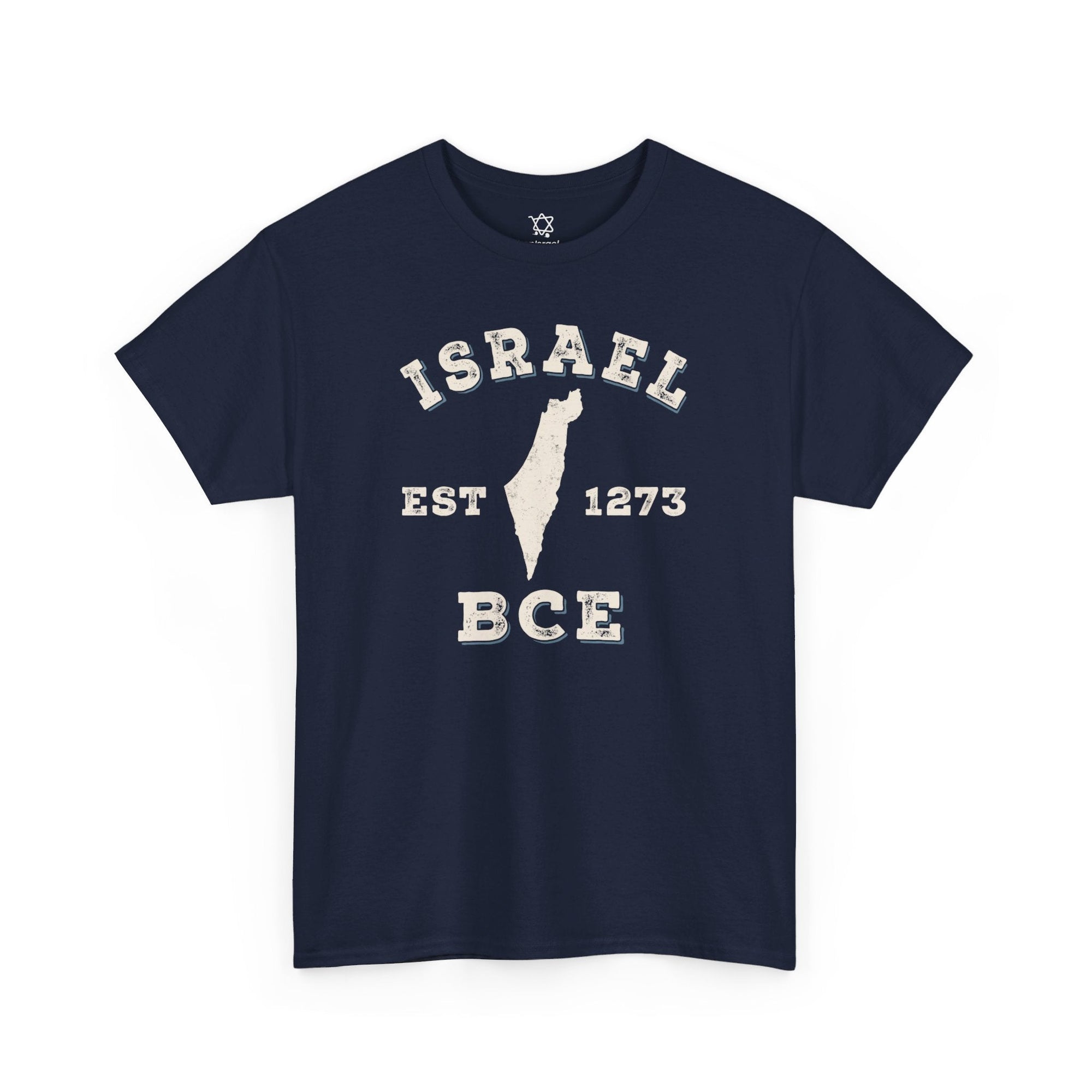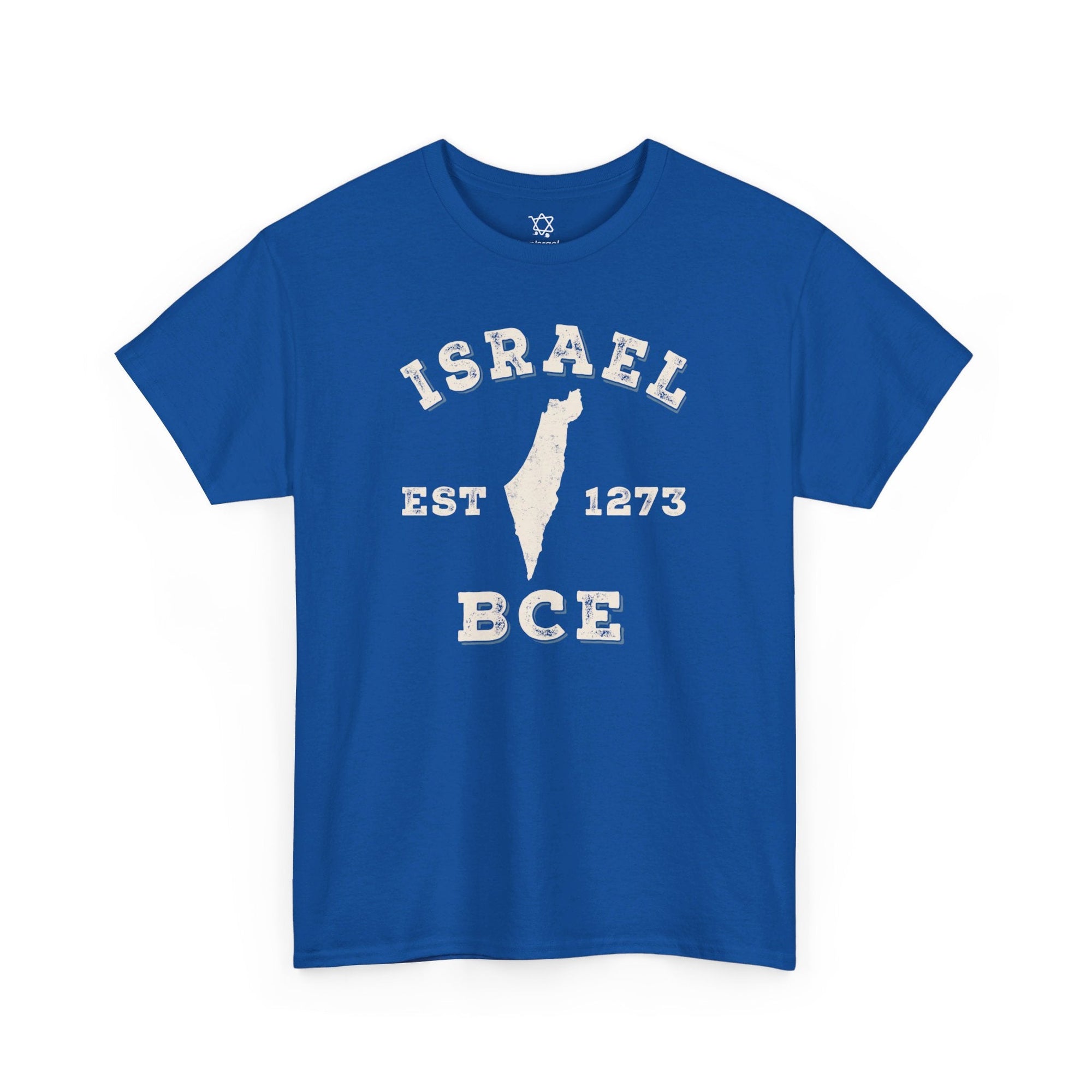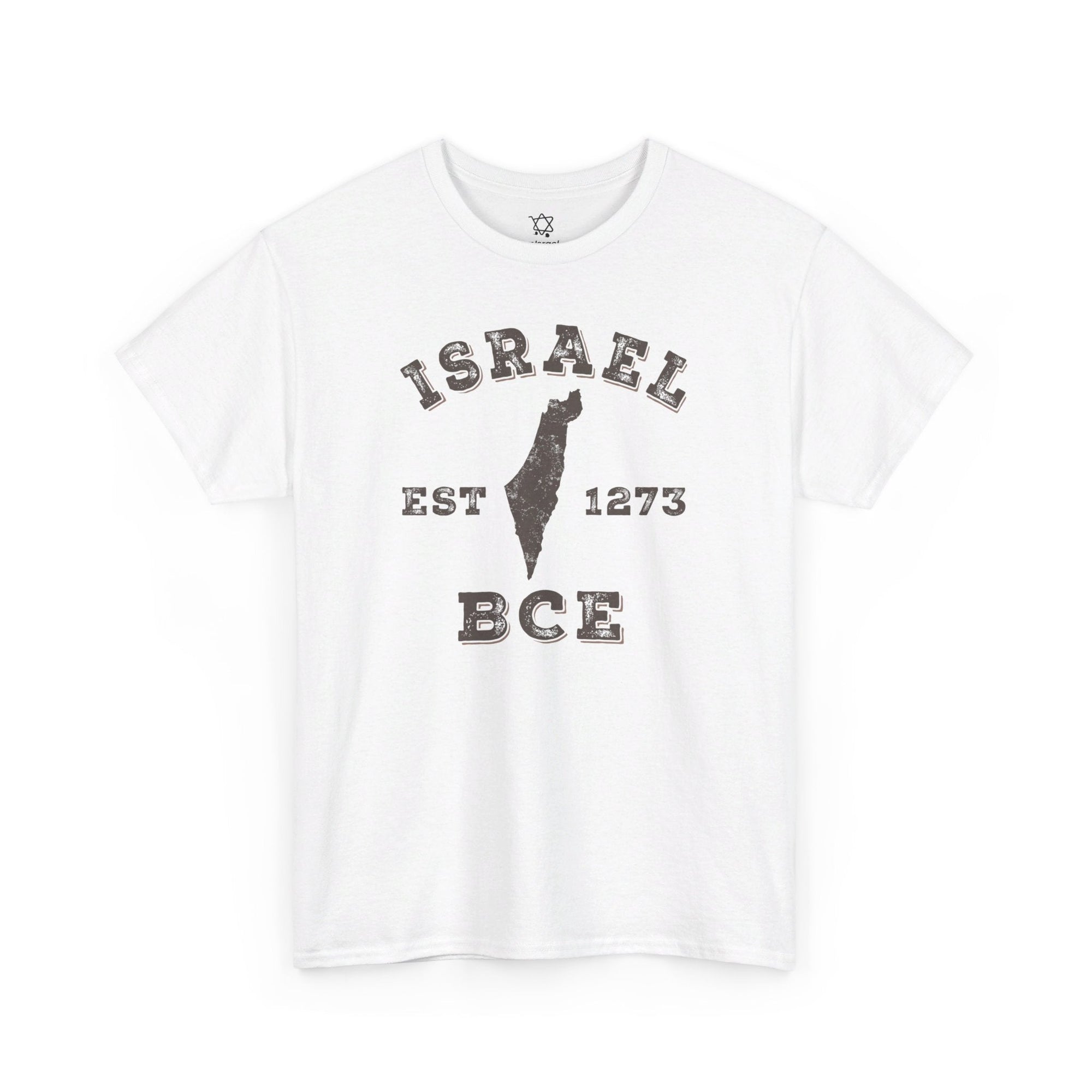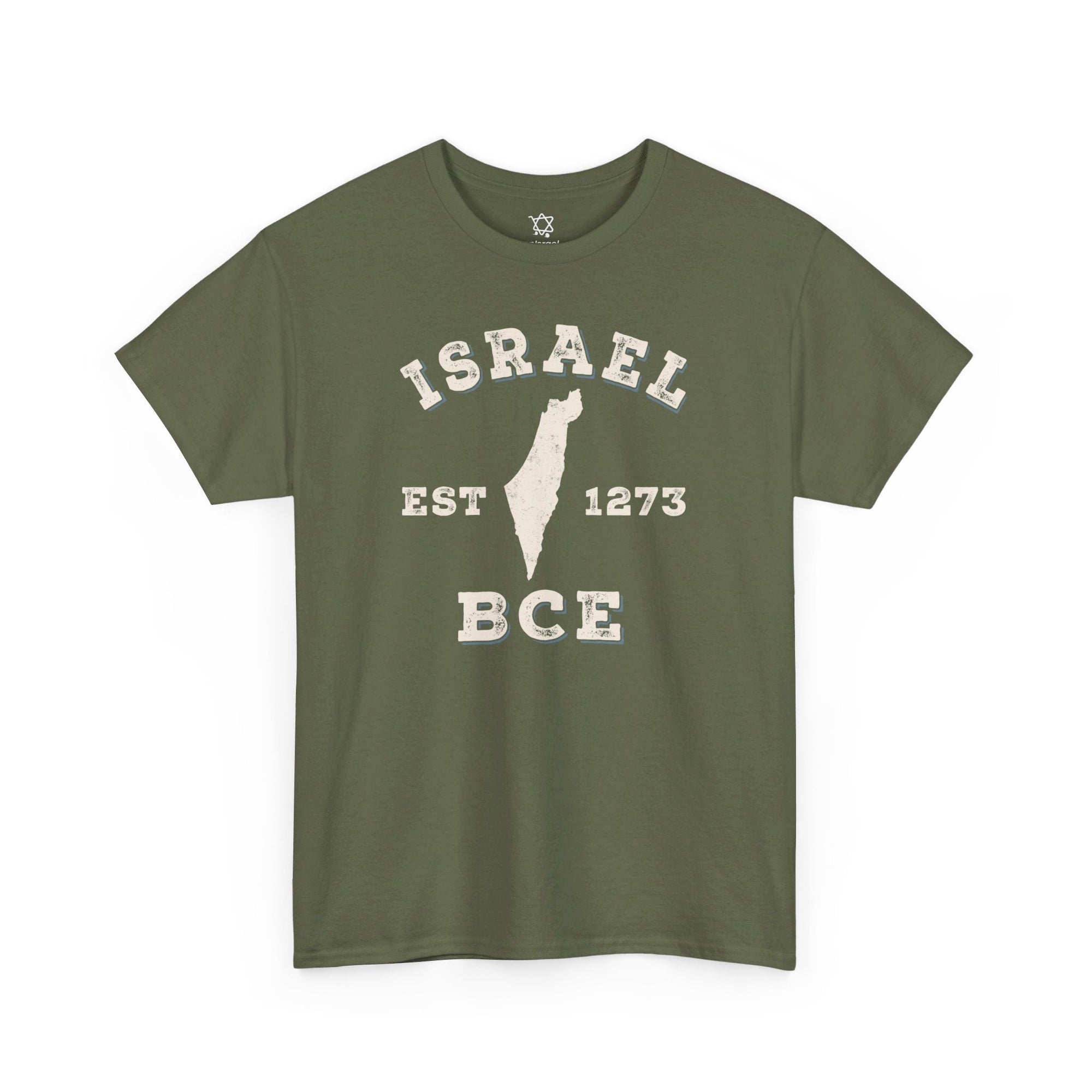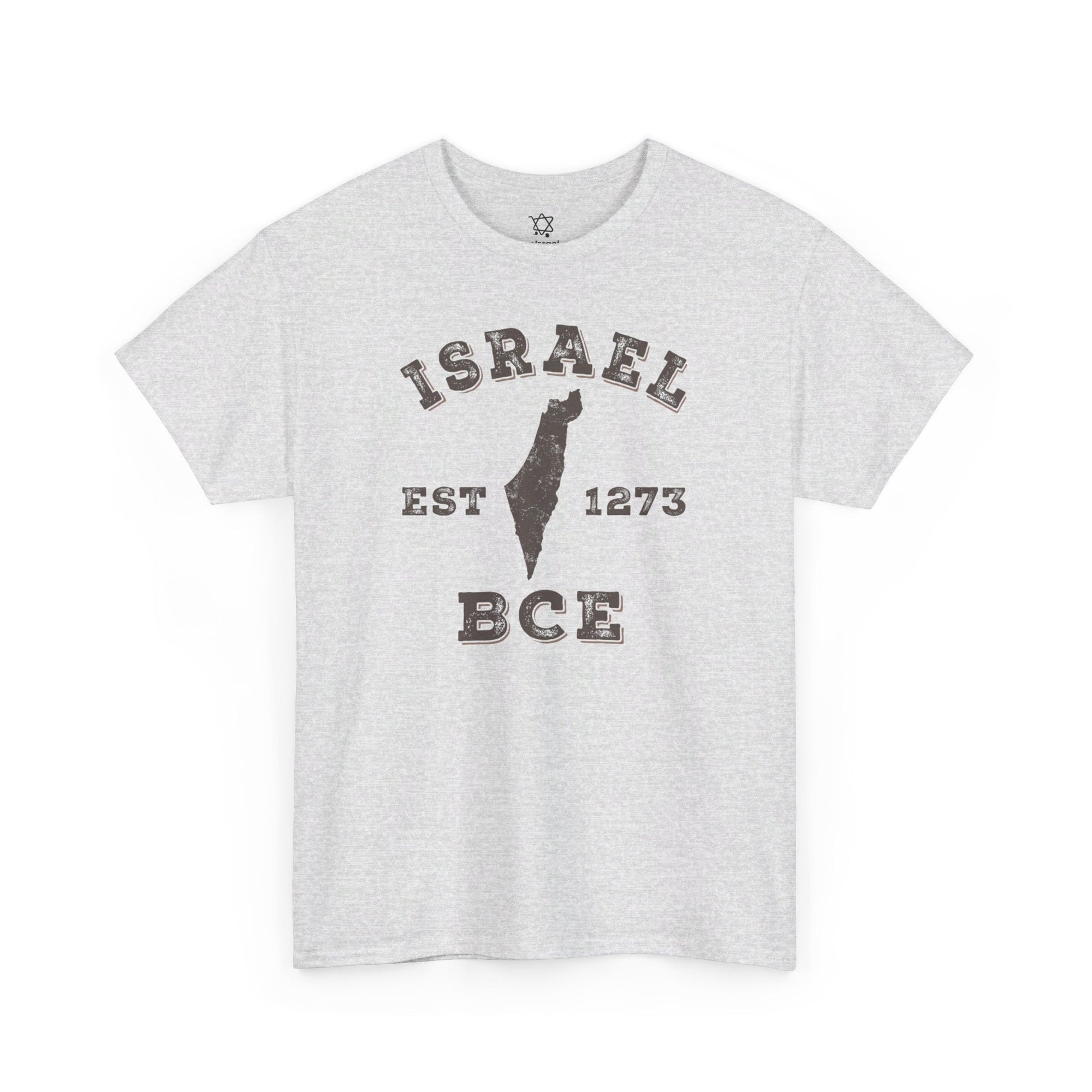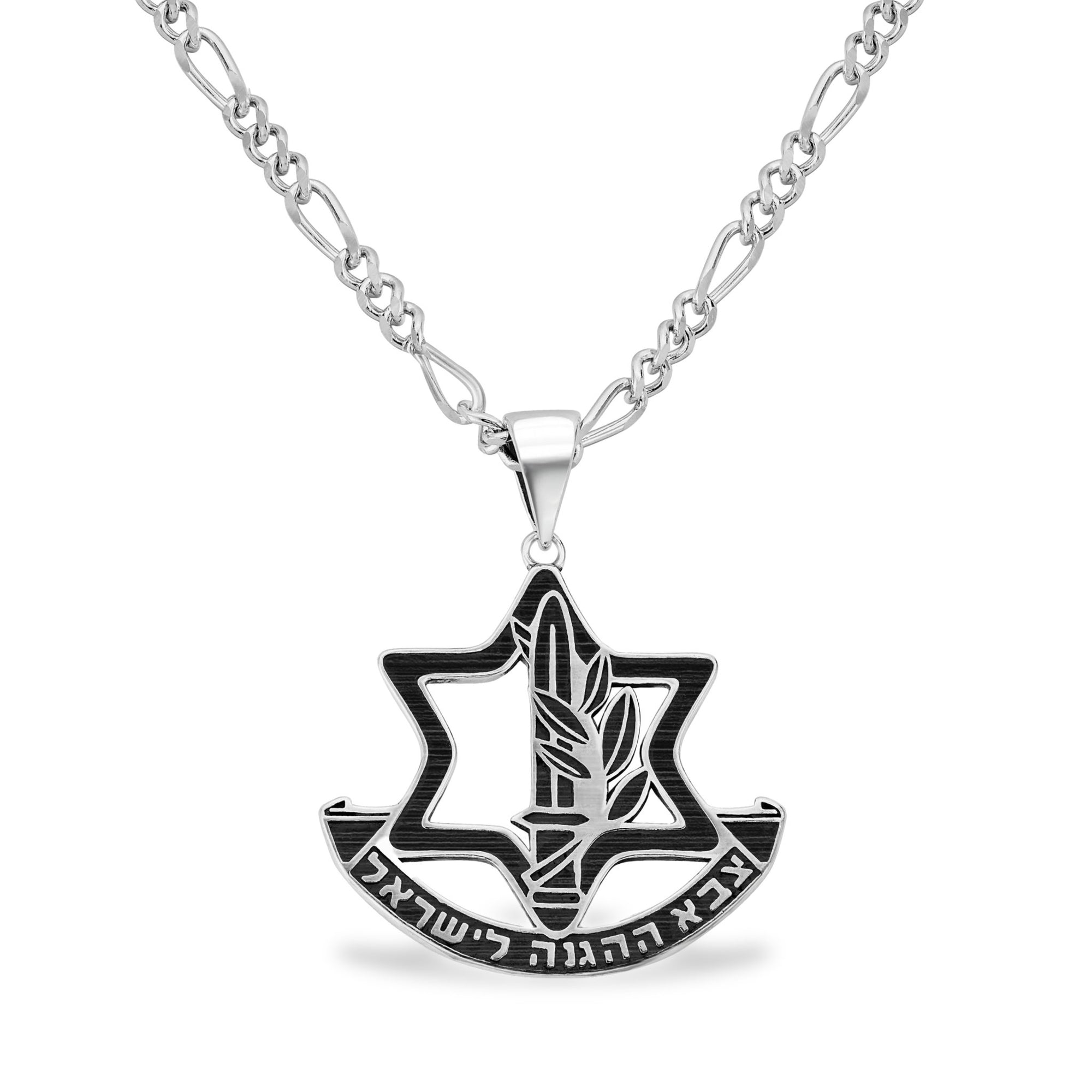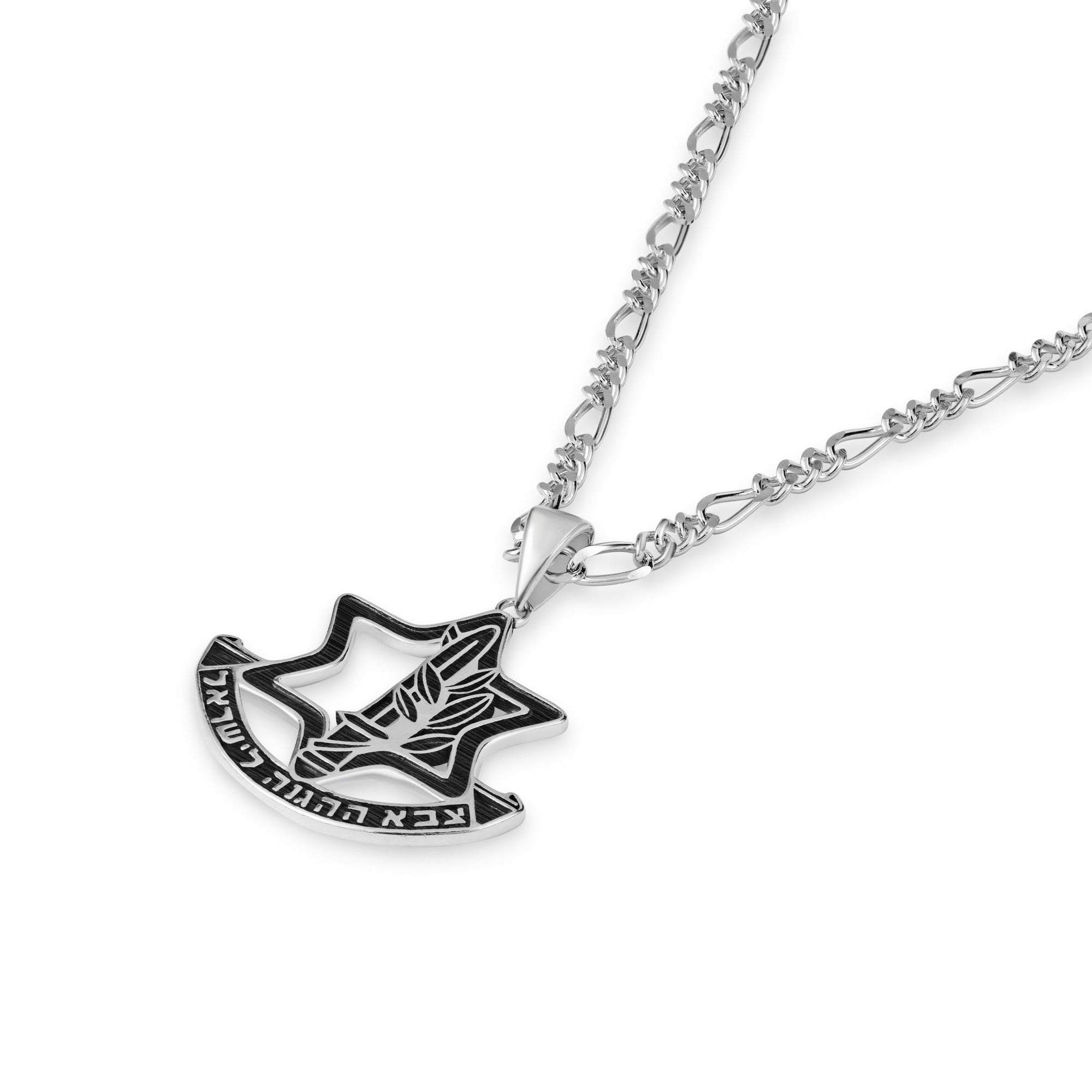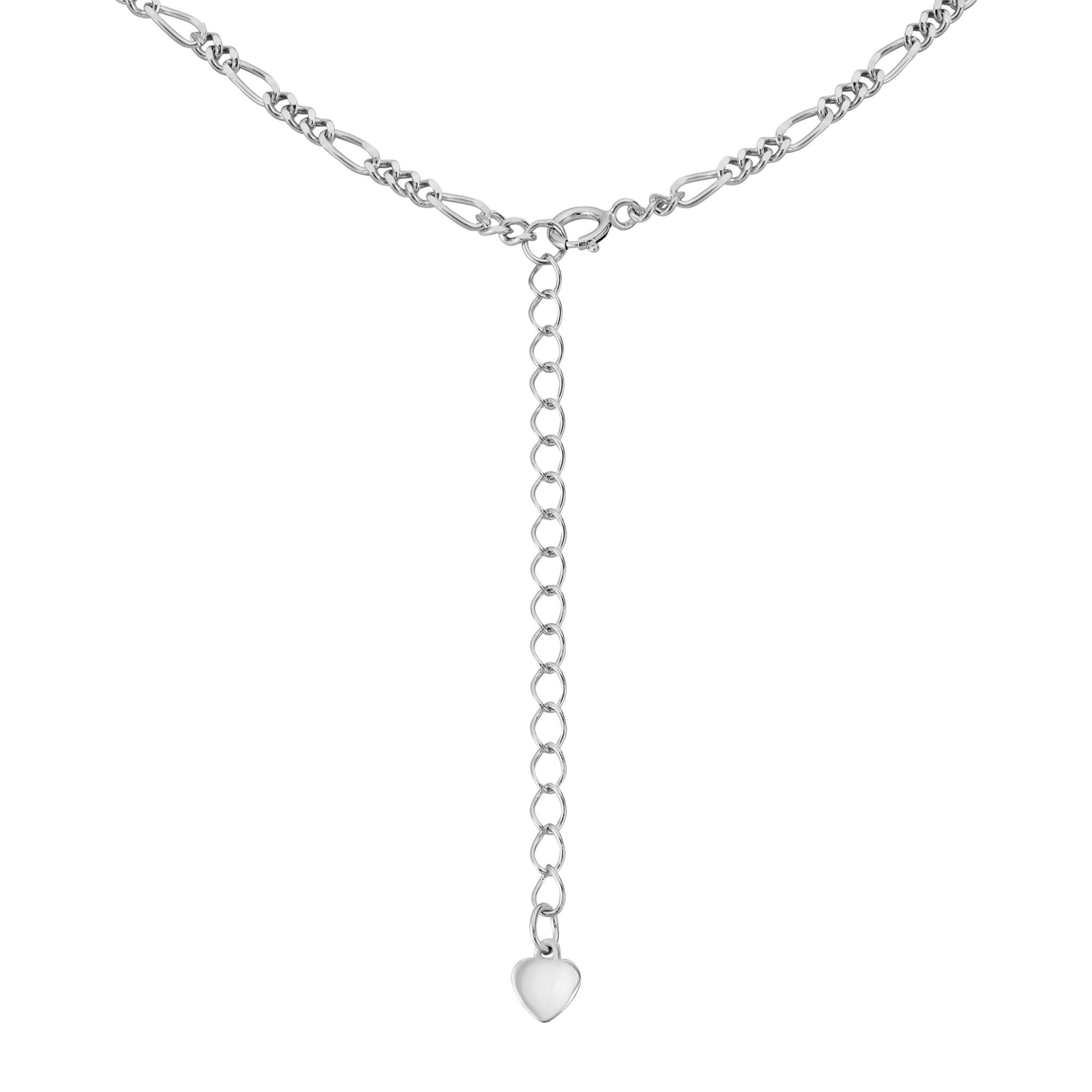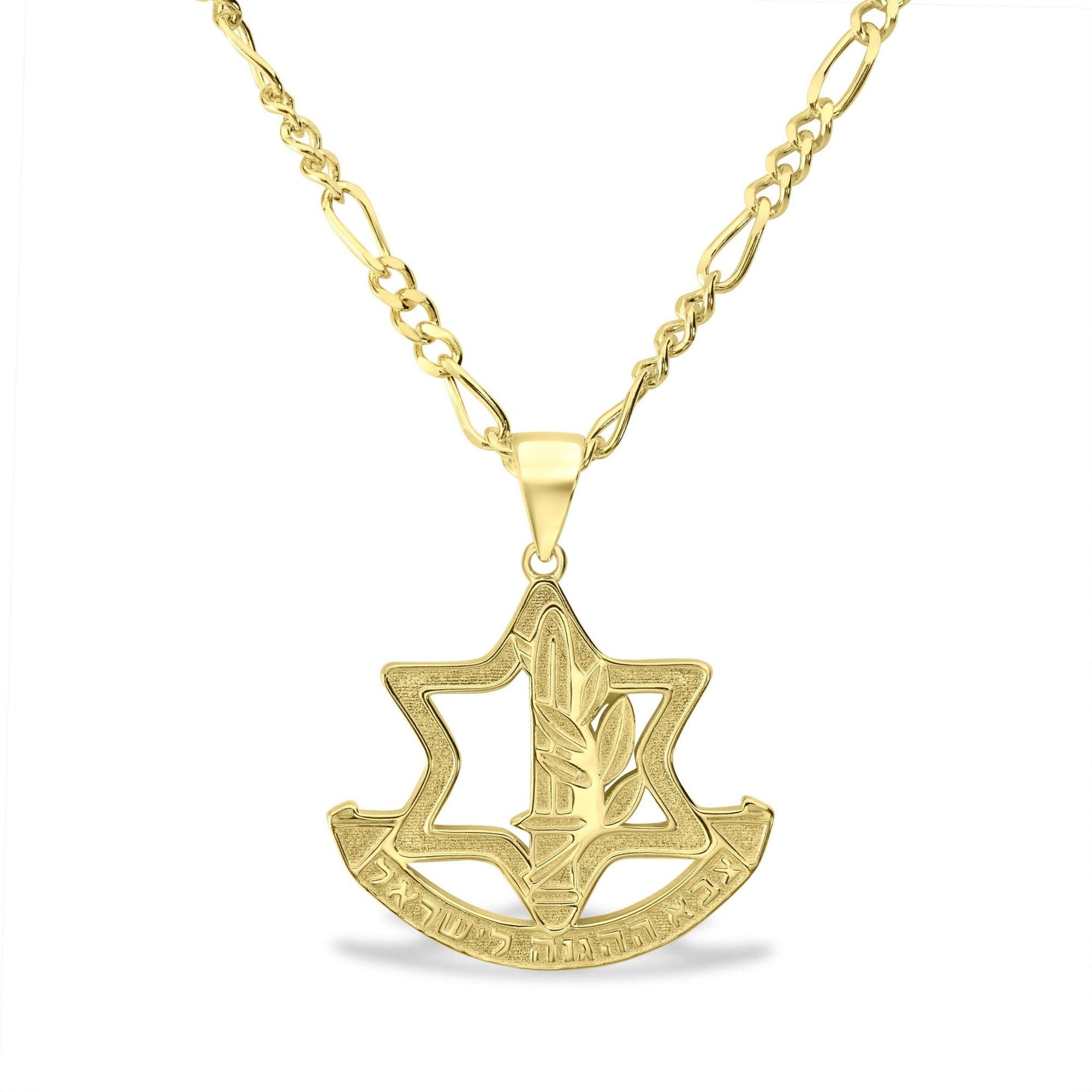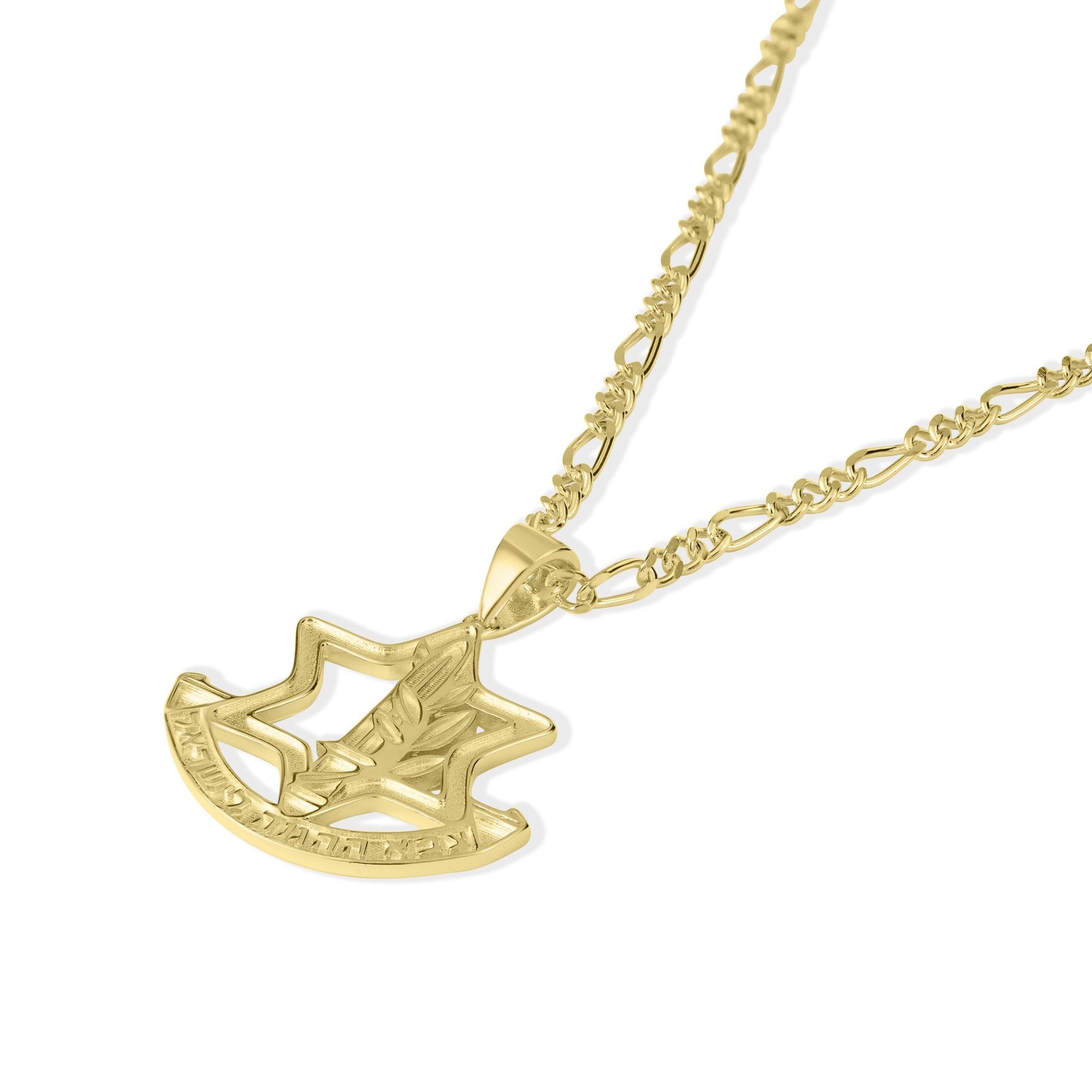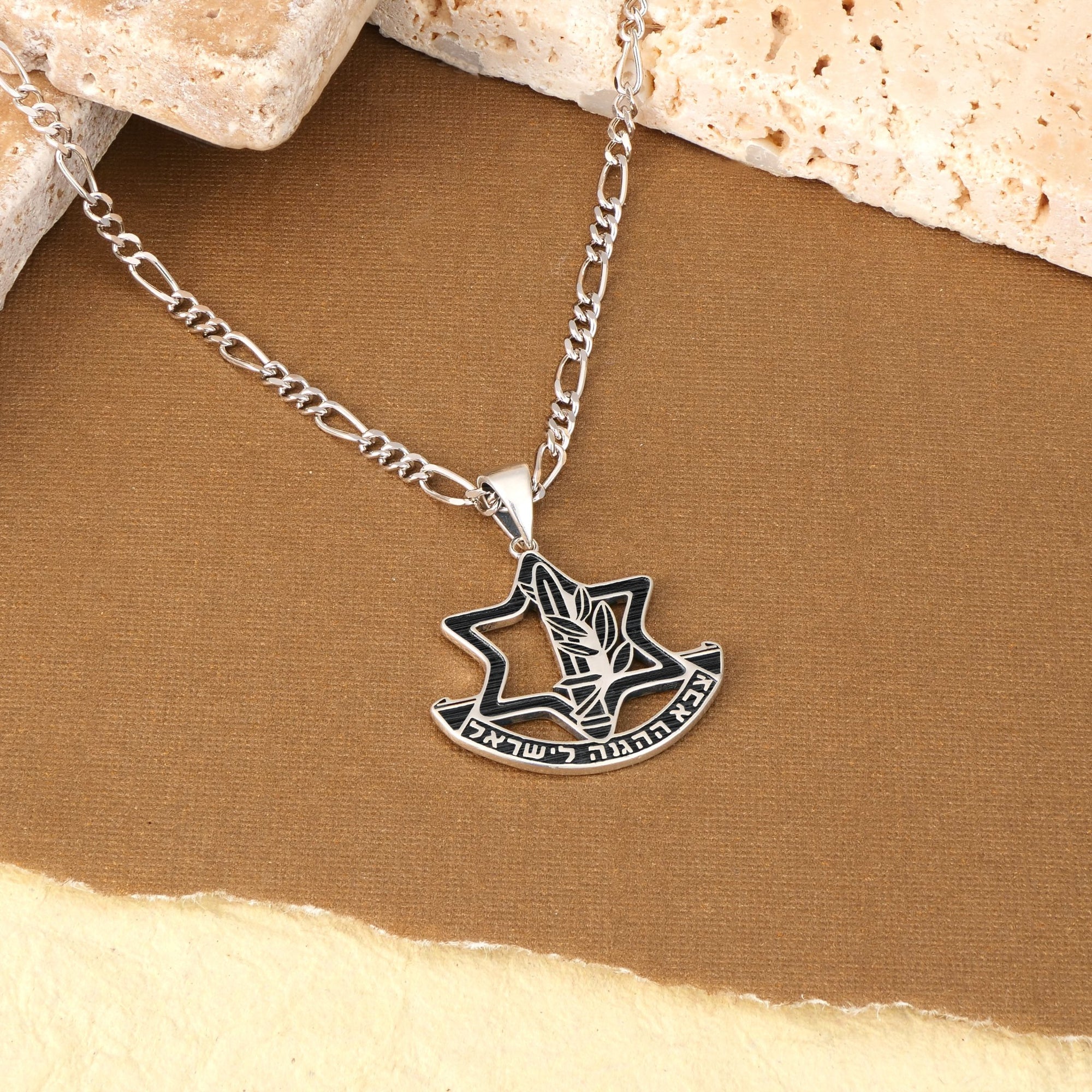Key Takeaways
- Clarissa Ward, as a CNN chief international correspondent, has reported extensively on the Israel-Palestine conflict, including recent coverage of the Israel-Hamas war. Her reporting often highlights the humanitarian conditions in Gaza.
- Ward has made public statements and participated in interviews regarding the conflict, though her comments have sometimes been criticized for lacking depth or balance. She has attributed access issues in Gaza to both Egypt and Israel.
- Ward's overall stance on Israel is complex, with some critics accusing her of bias in her reporting. However, she has not explicitly expressed support for one side over the other in a manner that could be considered antisemitic.
Has Clarissa Ward Engaged with Israel Directly?
Clarissa Ward has engaged with Israel through her professional reporting, often focusing on the Israel-Palestine conflict. Her visits to the region have been primarily for journalistic purposes, aiming to provide on-the-ground insights into the conflict.
- Ward has reported from Israel during significant events, such as the Israel-Hamas war, providing detailed coverage of the situation on the ground. Her reports often highlight the impact of the conflict on civilians.
- There is no public evidence of Ward establishing personal ties or collaborations with Israeli communities beyond her journalistic work. Her focus has been on reporting the conflict rather than engaging in community-building initiatives.
Has Clarissa Ward Expressed Opinions on Israel?
Clarissa Ward has expressed her views on the Israel-Palestine conflict through her reporting and interviews. While she aims to provide balanced coverage, some of her statements have been criticized for perceived bias.
- Ward has participated in interviews discussing the conflict, such as her appearance on *Here & Now*, where she shared insights from her reporting in Israel. Her comments often emphasize the humanitarian aspects of the conflict.
- She has attributed the lack of access to Gaza to both Egypt and Israel, which some critics view as an attempt to obfuscate the primary responsibility for these restrictions.
What Is Clarissa Ward’s Stance on Politics and Israel?
Clarissa Ward's political perspective on Israel is nuanced and often criticized for perceived bias. Her reporting tends to focus on the humanitarian impact of conflicts, which can lead to accusations of favoring one side over the other.
- Ward's overall political alignment is not explicitly pro-Israel or pro-Palestine, but her reporting style has been criticized for lacking depth and balance by some observers.
-
- She has not made public statements explicitly supporting Israel, but her coverage has been criticized for sometimes parroting Israeli narratives.
- Similarly, she has not made overtly critical statements against Israel, though her emphasis on humanitarian issues in Gaza has been seen as highlighting Palestinian suffering.
Community Engagement and Advocacy
Clarissa Ward's community engagement and advocacy efforts are primarily centered around her journalistic work. While she has not been involved in specific charitable initiatives related to Israel, her reporting often highlights humanitarian issues.
- Ward's reporting from conflict zones, including Israel, focuses on bringing attention to humanitarian crises rather than engaging in direct advocacy or charitable work.
- There is no evidence of her collaborating with Israeli organizations on community projects beyond her journalistic coverage.
Cultural Impact Related to Israel
Clarissa Ward's influence on cultural perceptions of Israel is primarily through her reporting, which often shapes public discourse about the conflict. Her coverage can impact how audiences view the humanitarian aspects of the Israel-Palestine conflict.
- Ward's reporting has contributed to the global conversation about the Israel-Palestine conflict, particularly in highlighting the humanitarian conditions in Gaza.
- Her influence aligns more with raising awareness about conflict zones rather than directly impacting local Israeli cultural initiatives.
Conclusion: Clarissa Ward's Relationship with Israel
Clarissa Ward's relationship with Israel is defined by her professional reporting on the Israel-Palestine conflict. While she has not explicitly expressed support for Israel, her coverage has been criticized for perceived bias. Ward's focus on humanitarian issues in Gaza has led some to view her reporting as highlighting Palestinian suffering, though she maintains a professional stance as a journalist. Ultimately, whether Clarissa Ward supports Israel is a matter of interpretation based on her reporting style and the context in which it is received.
